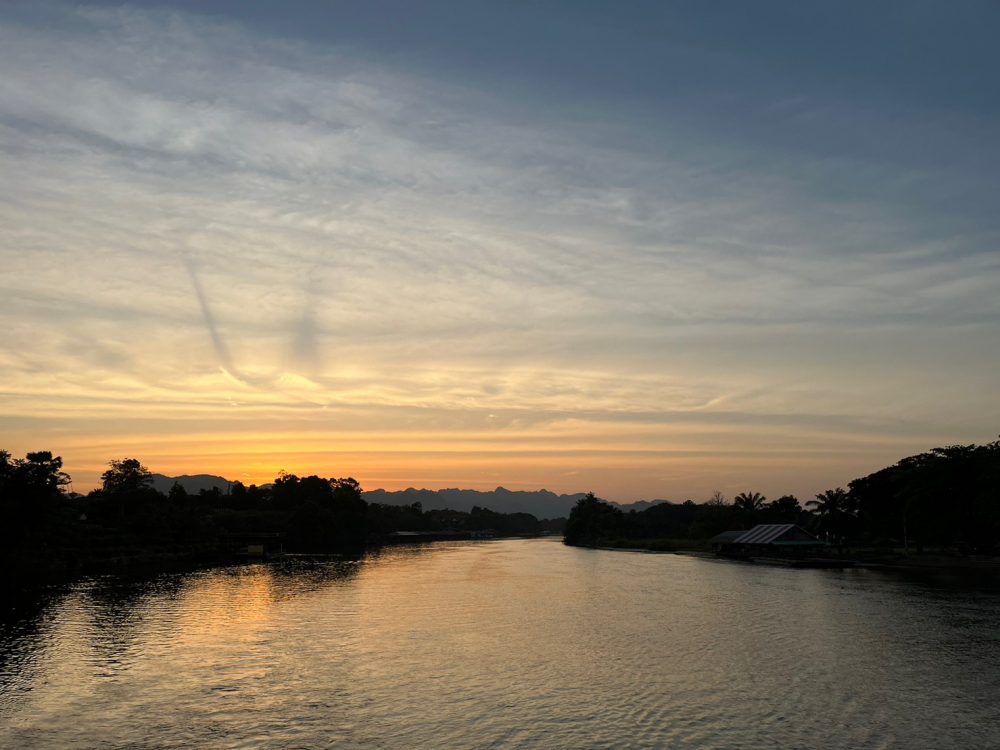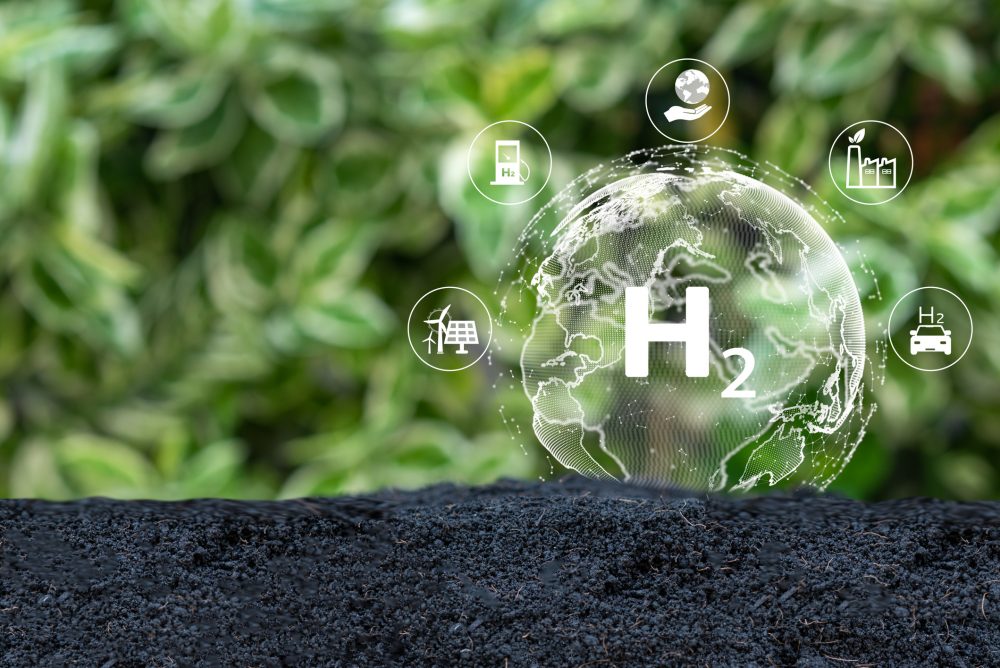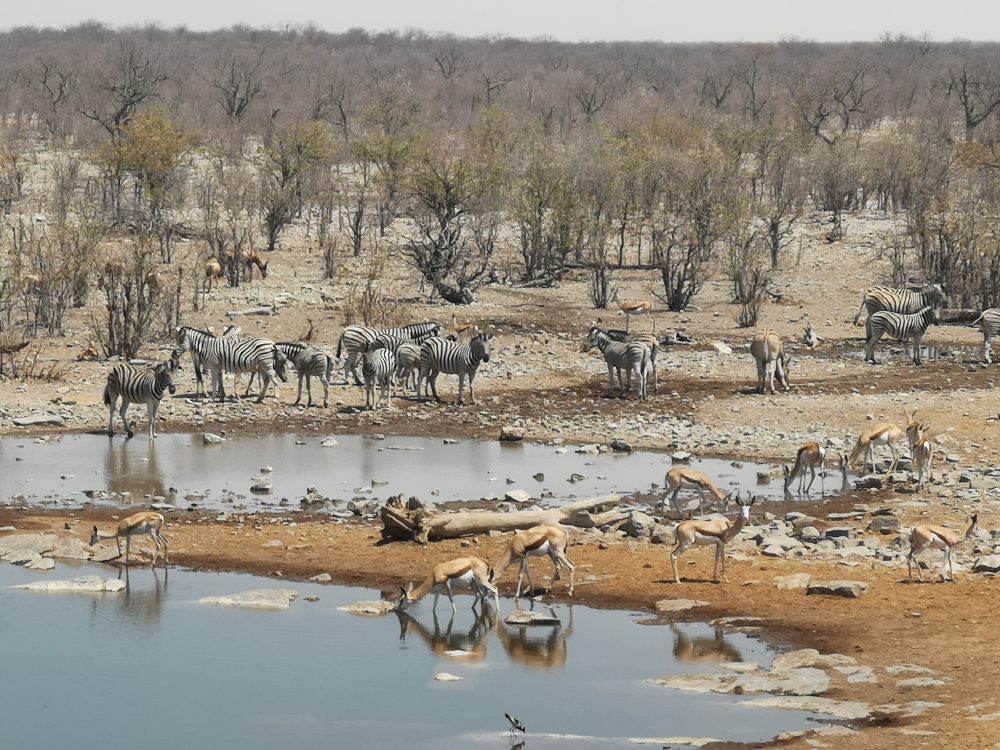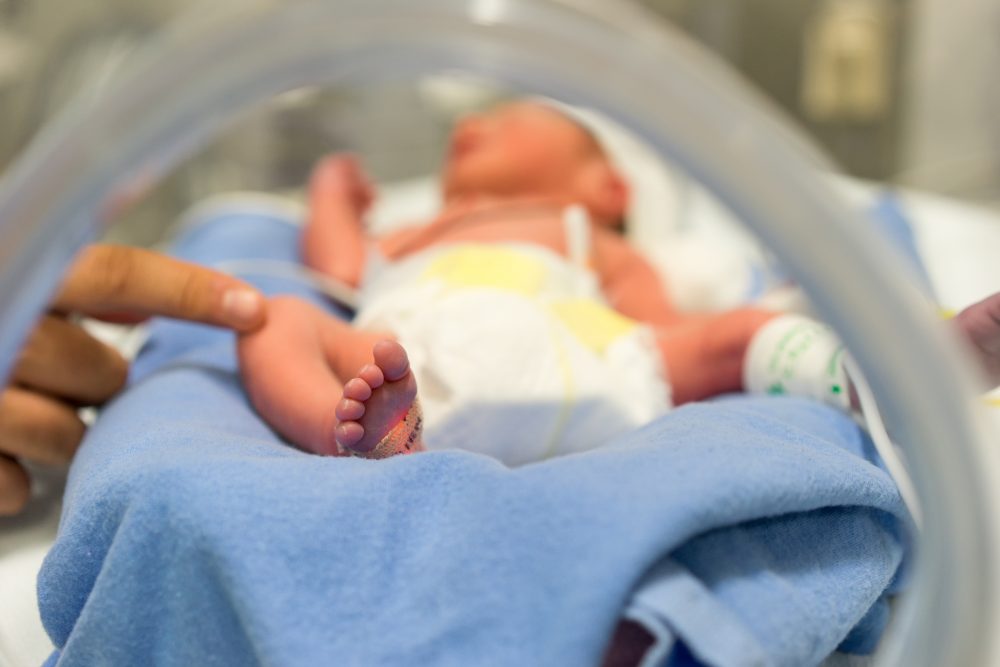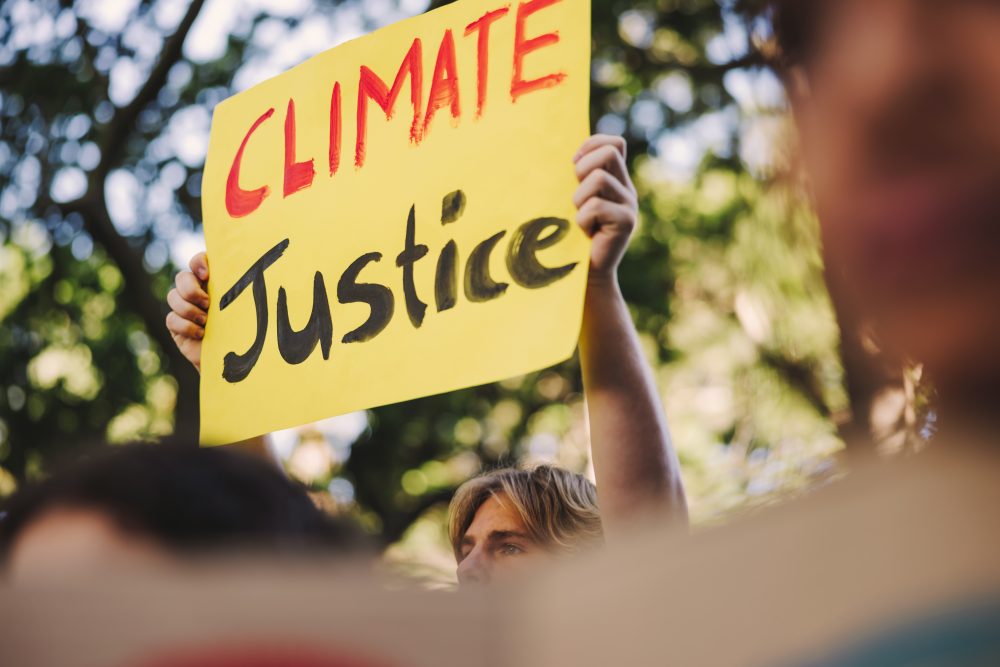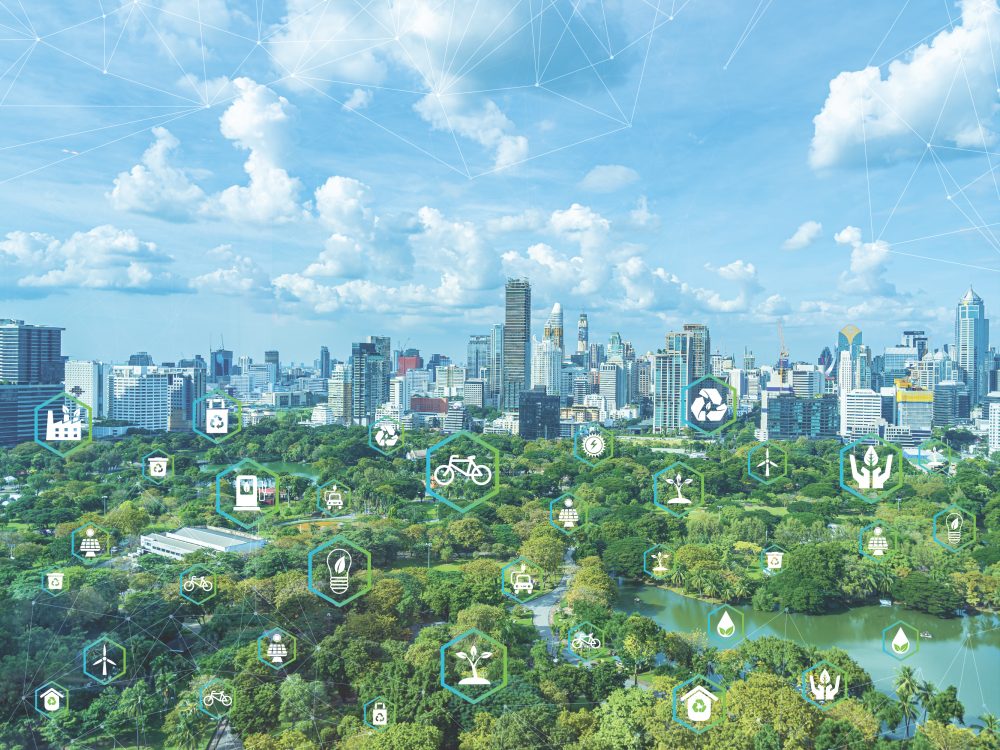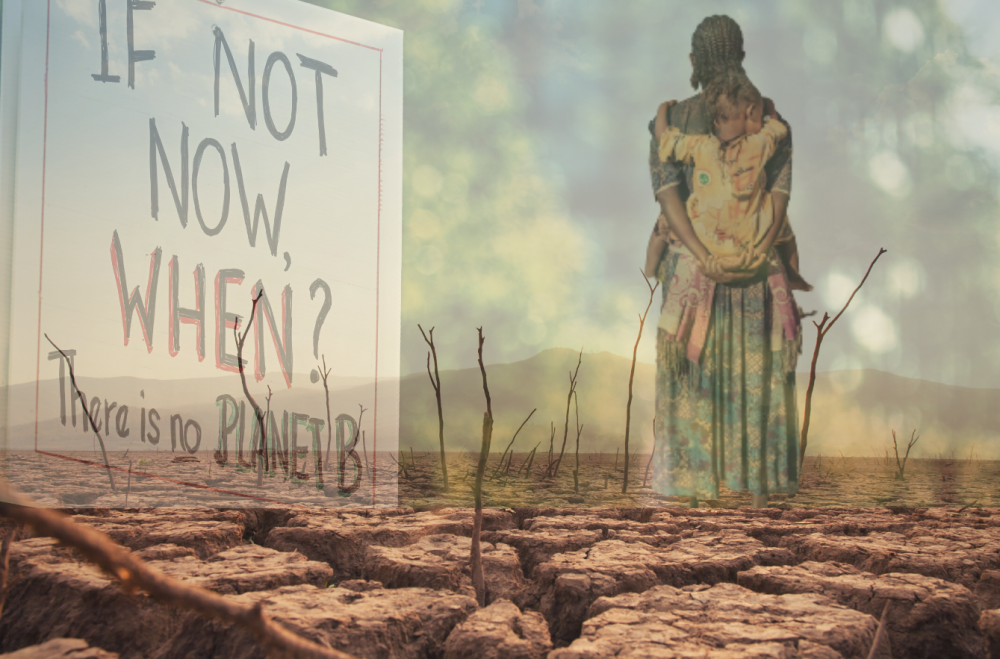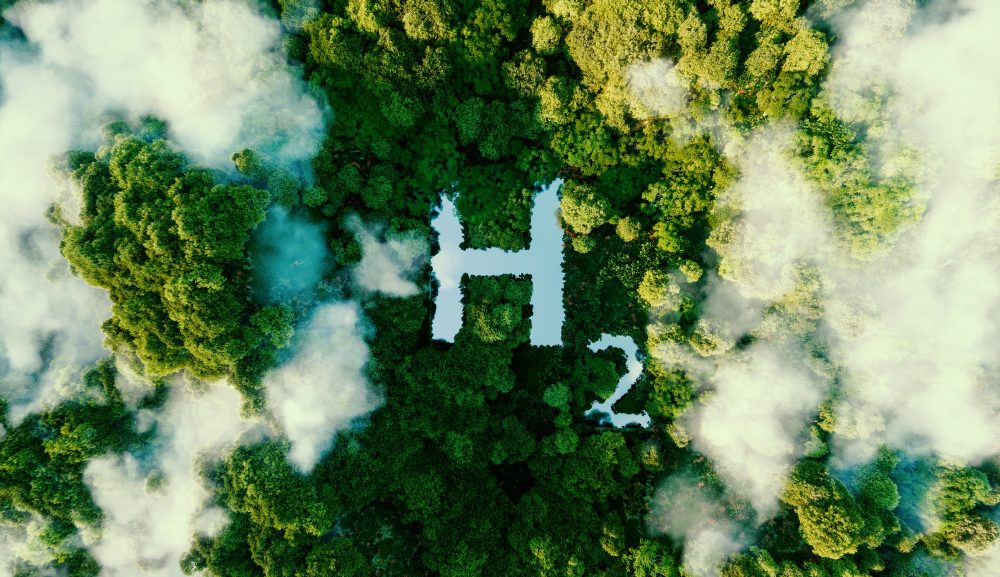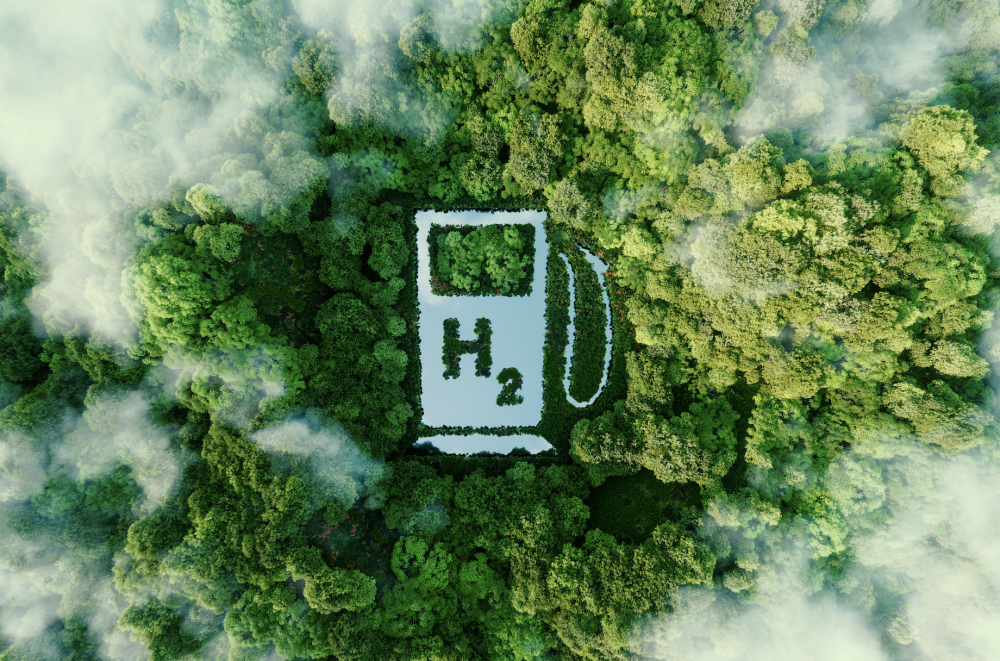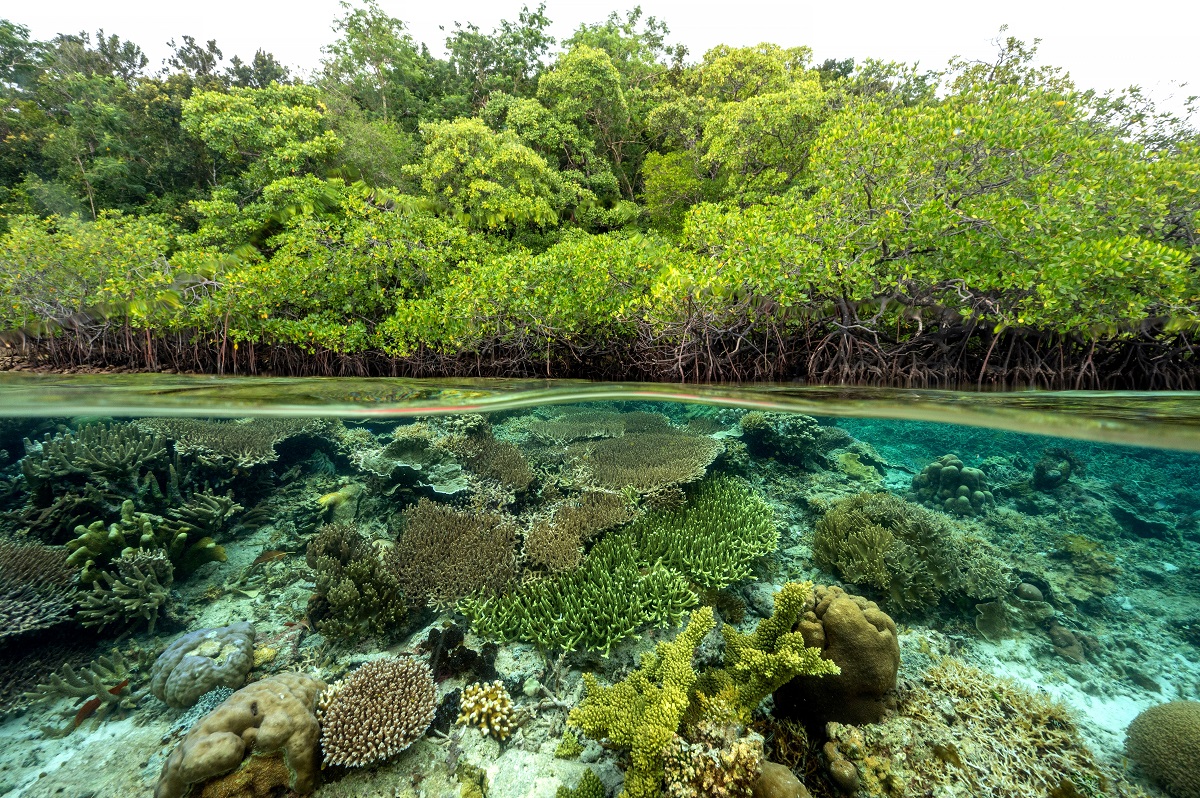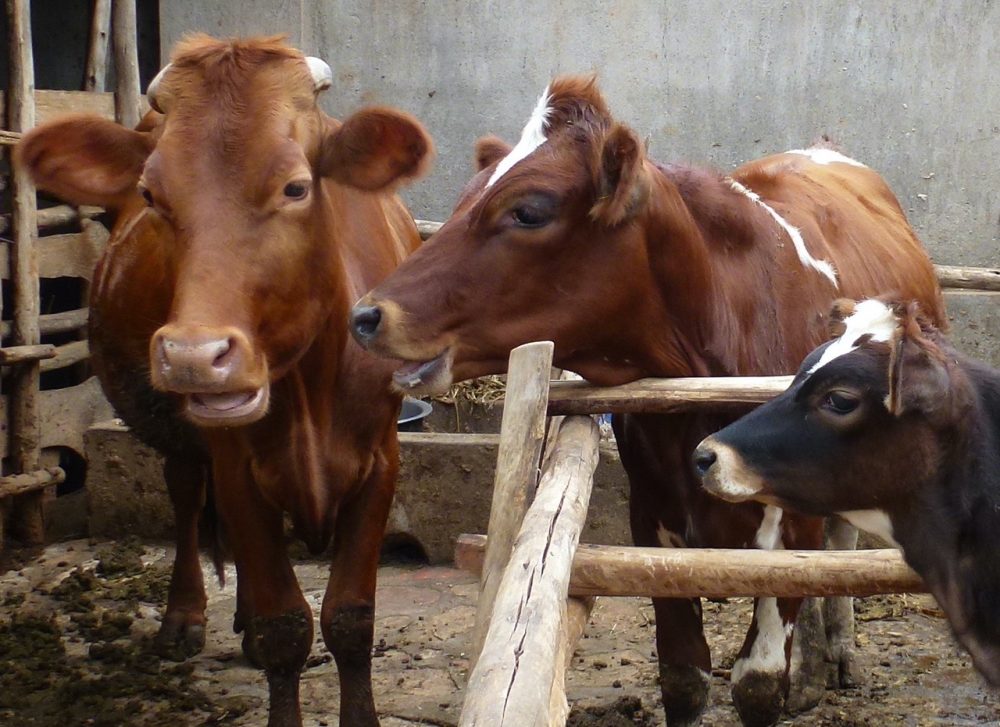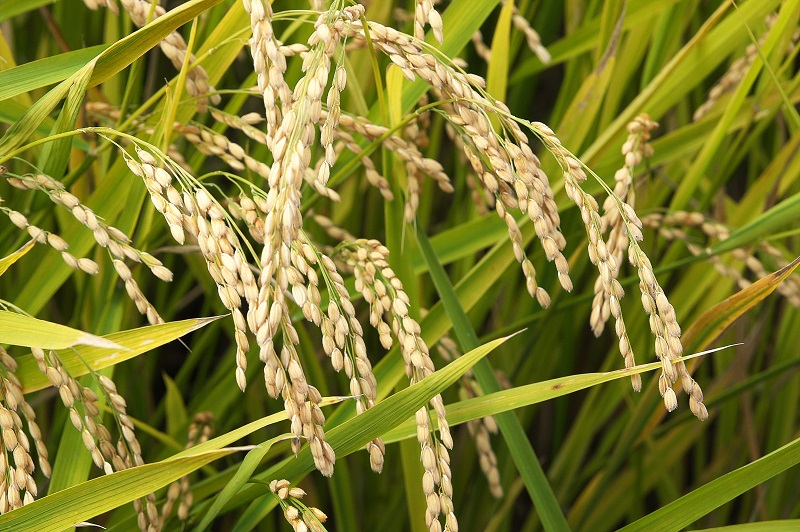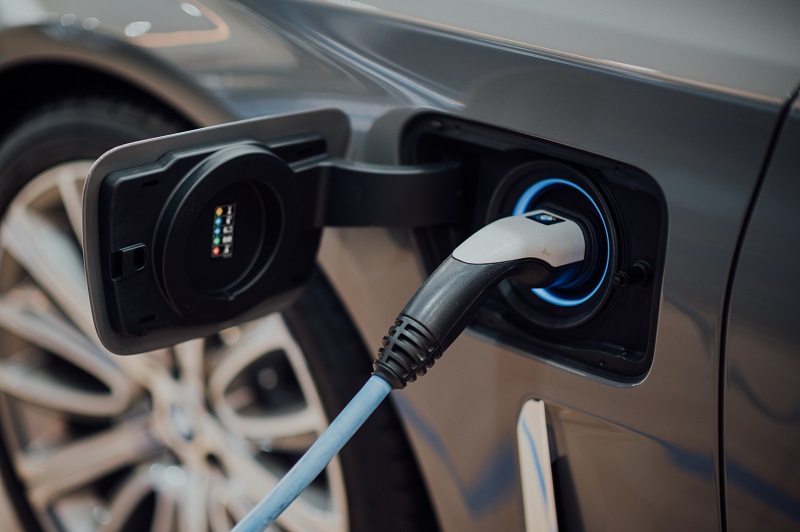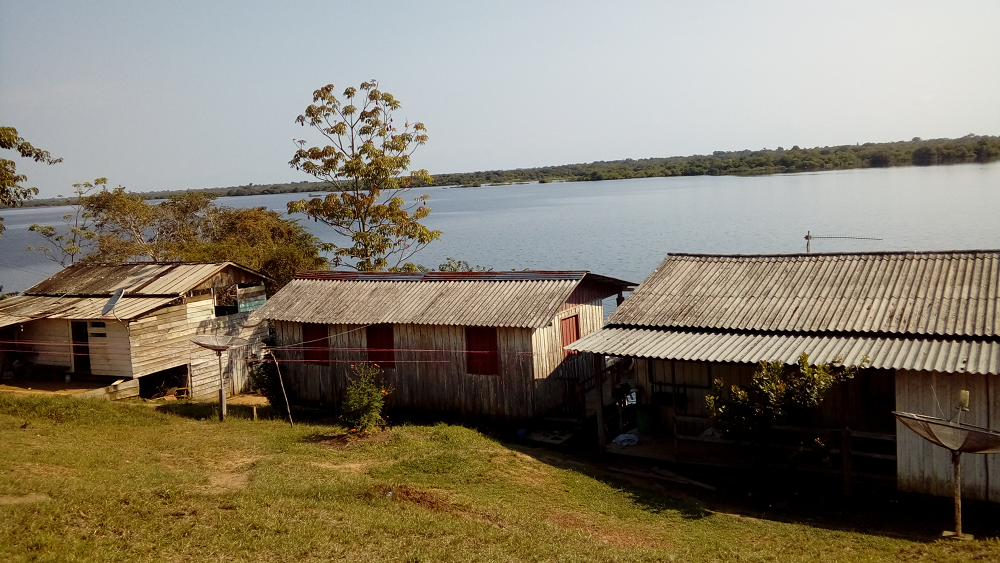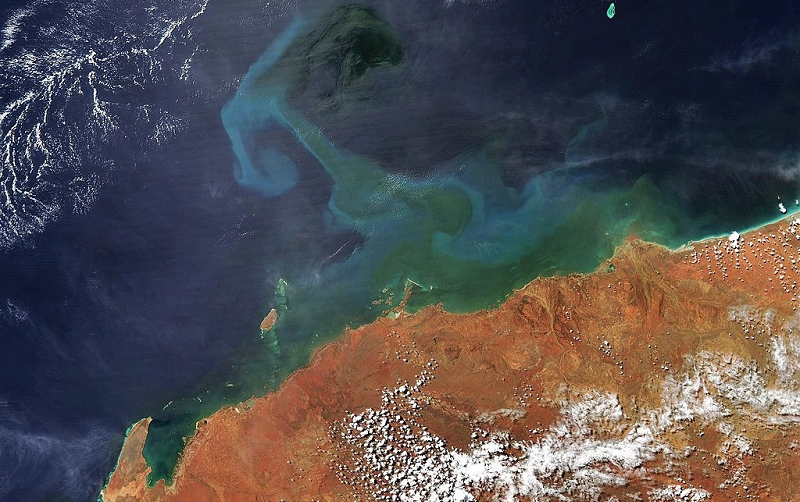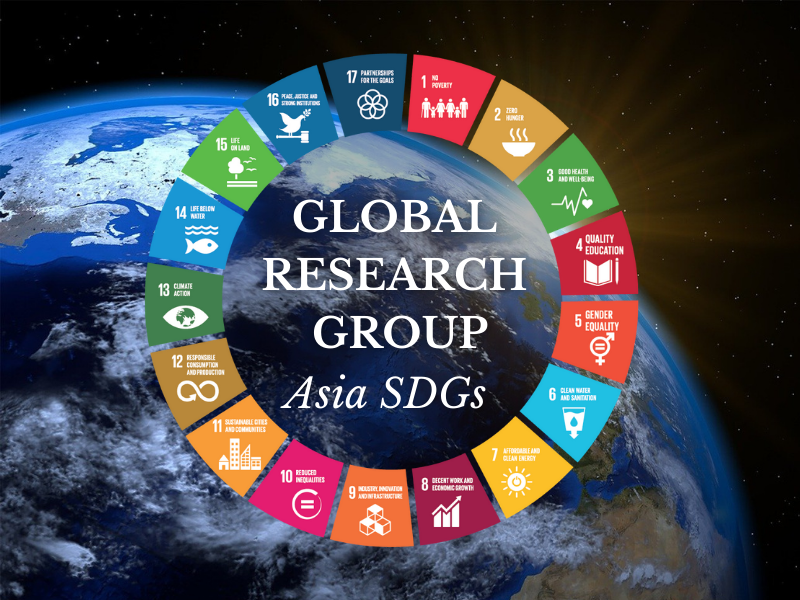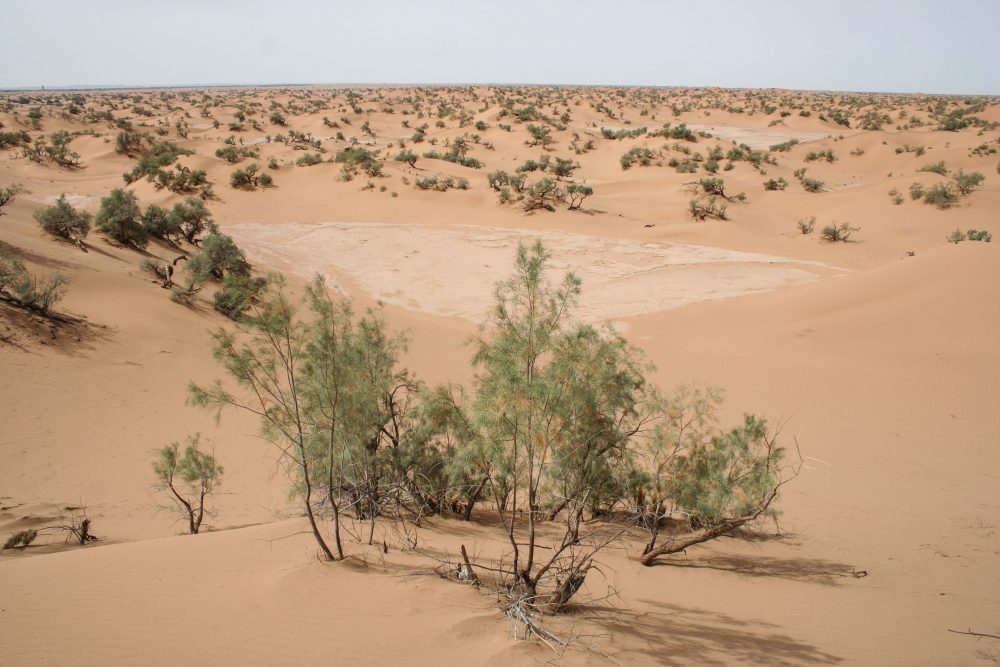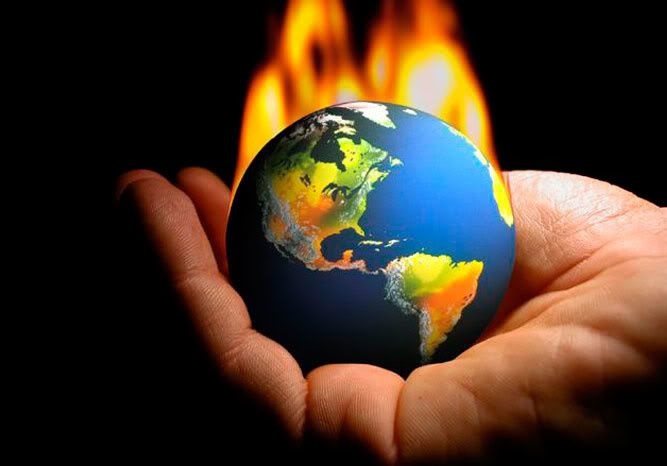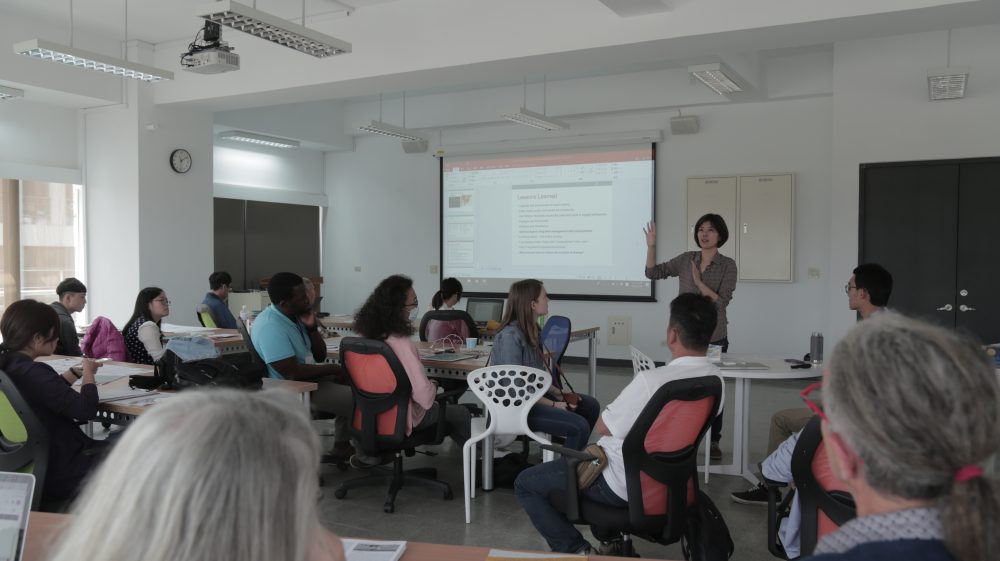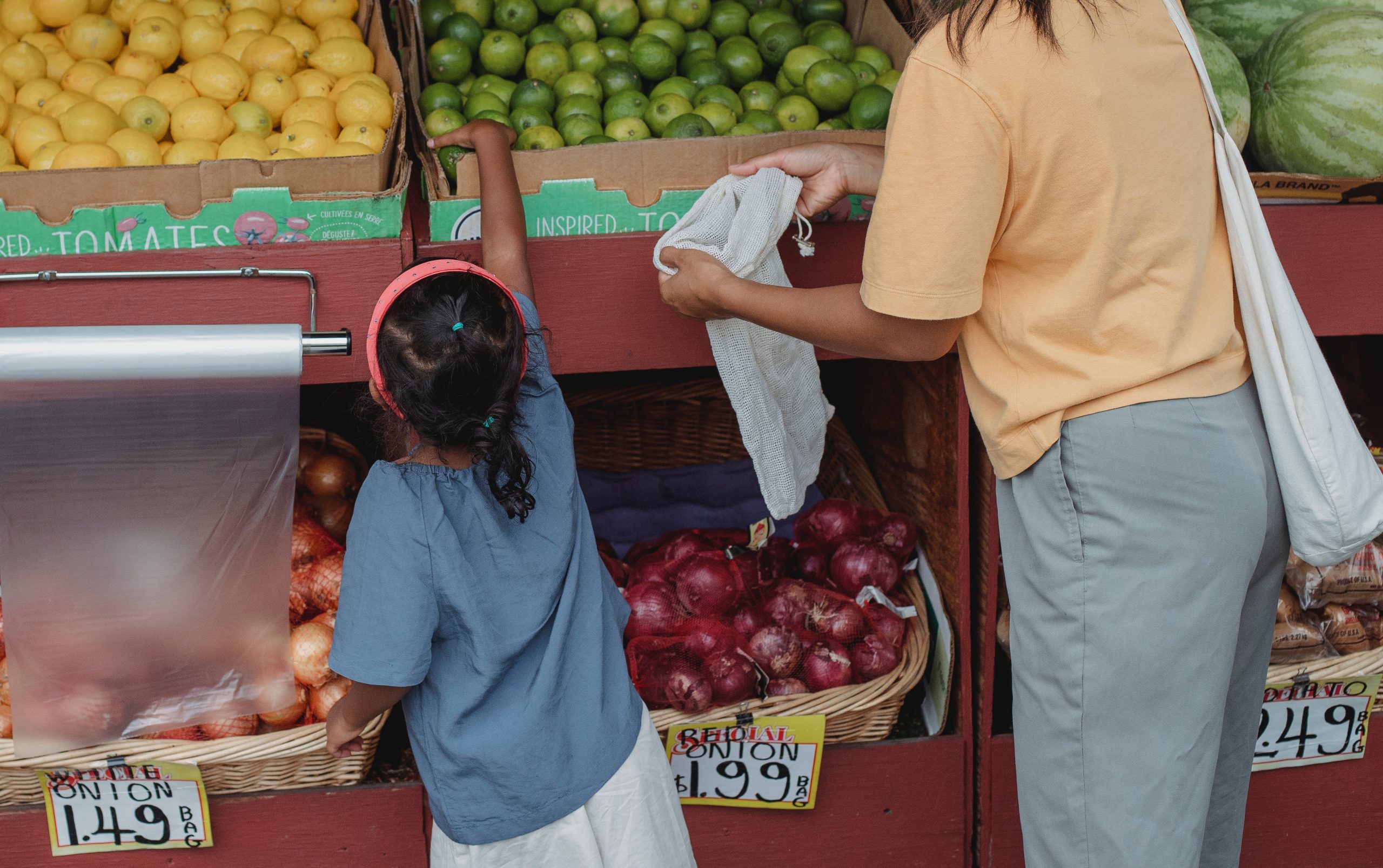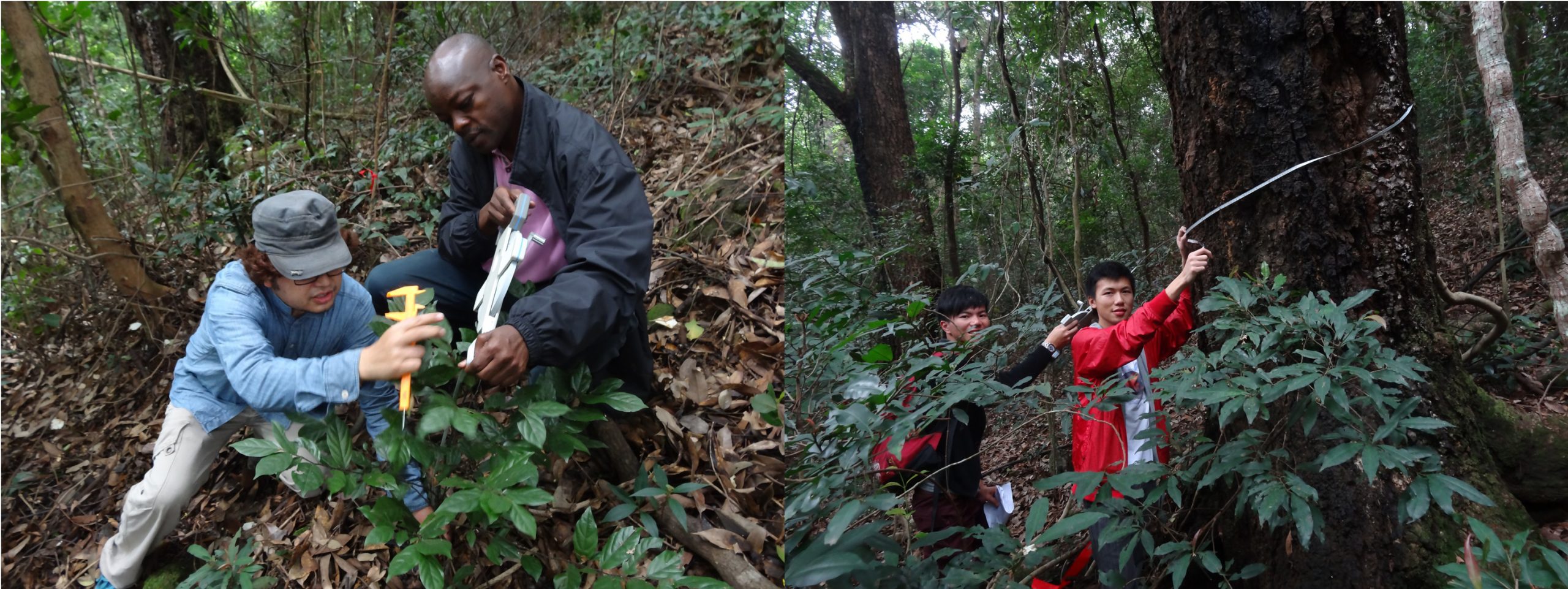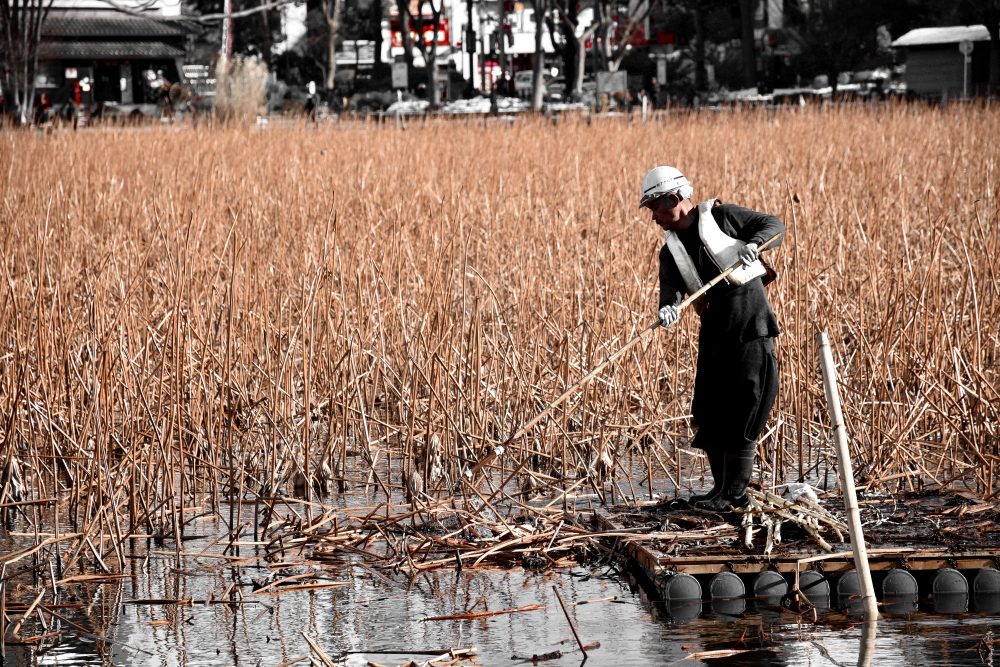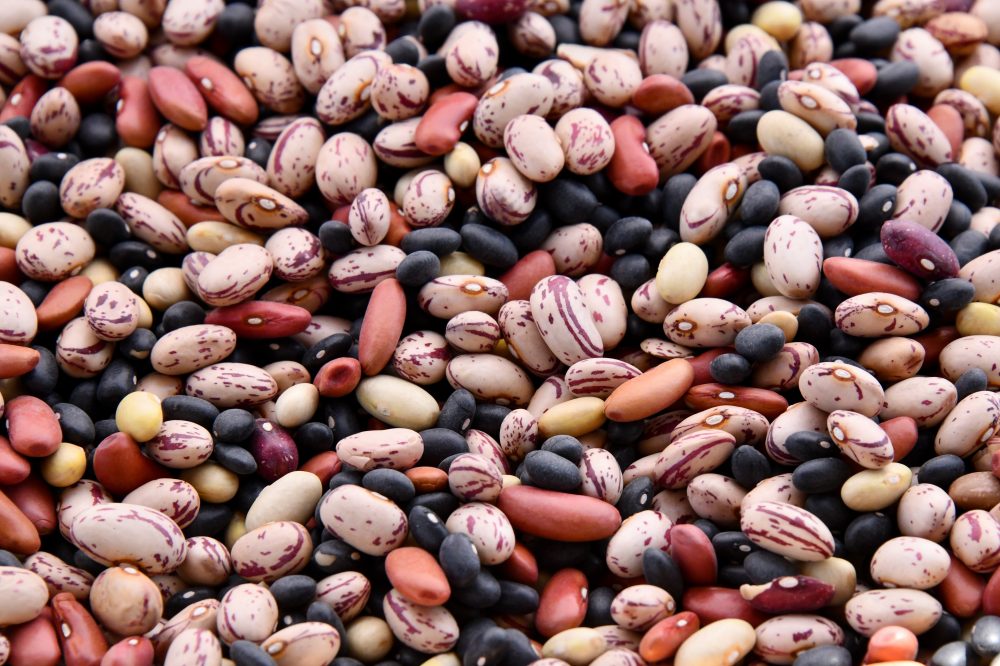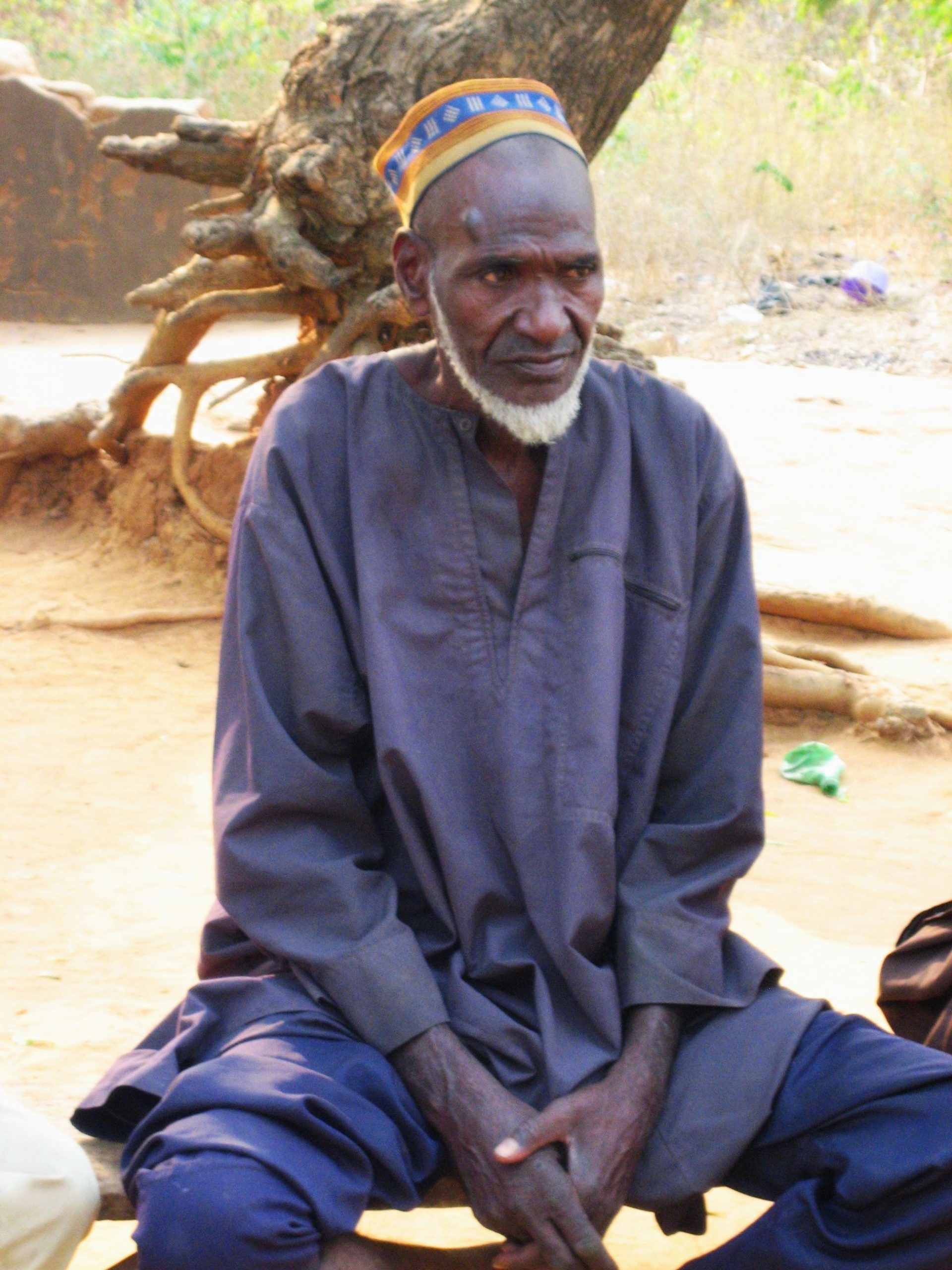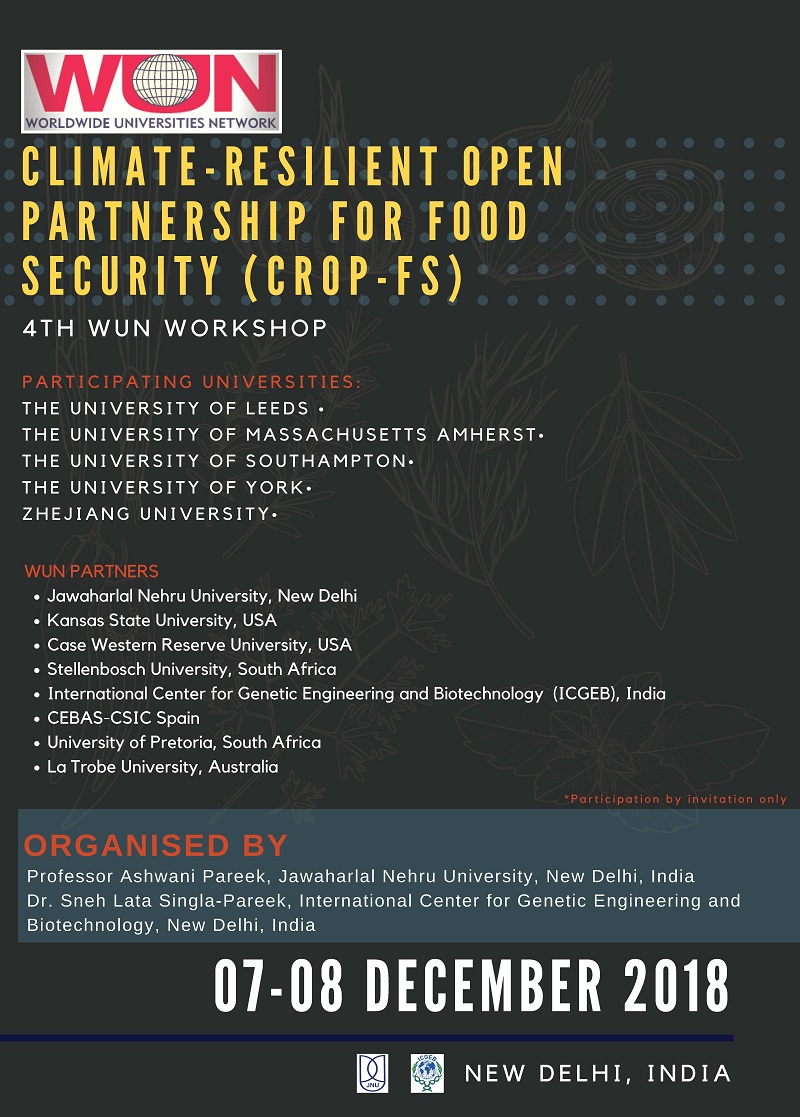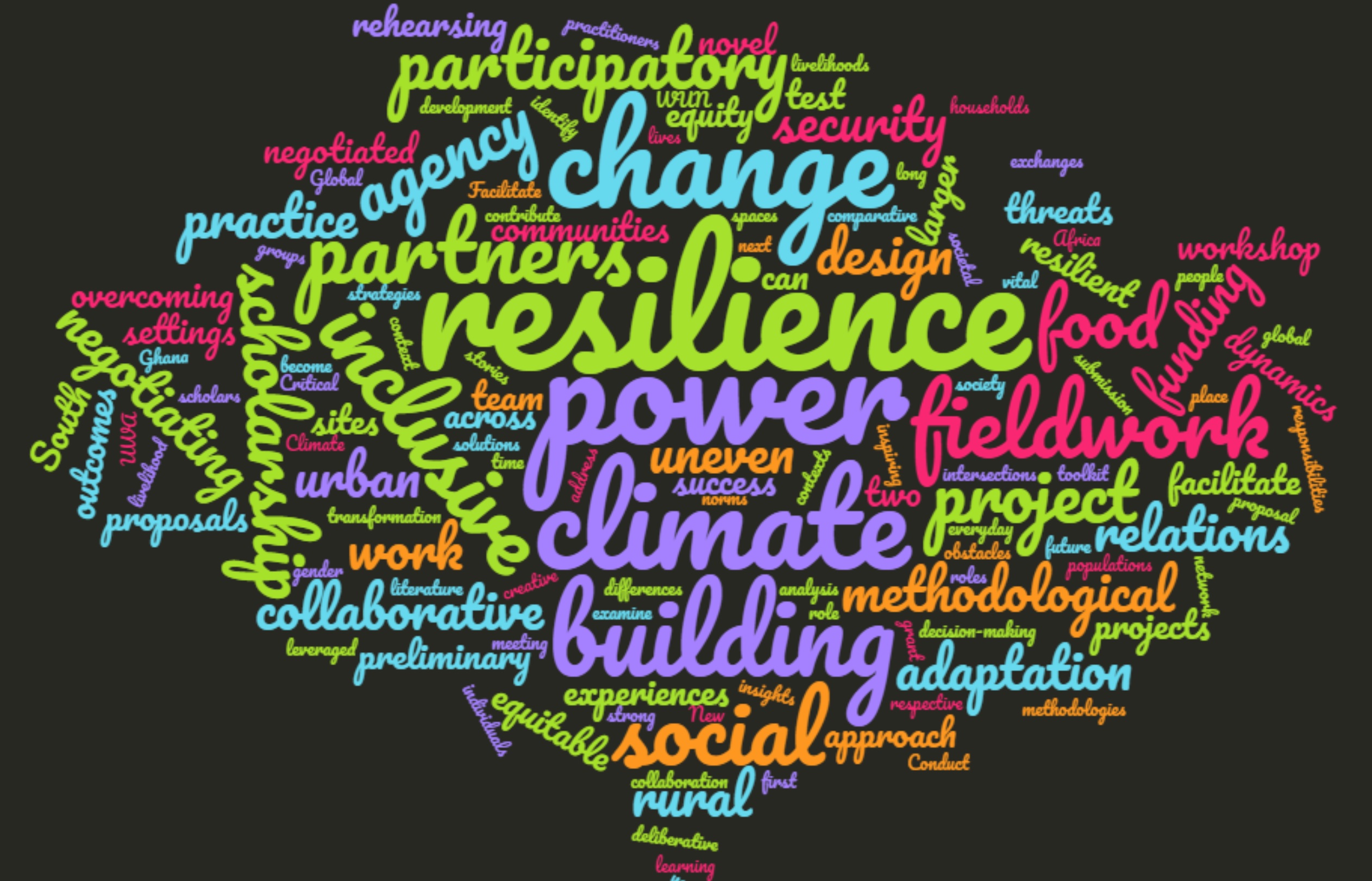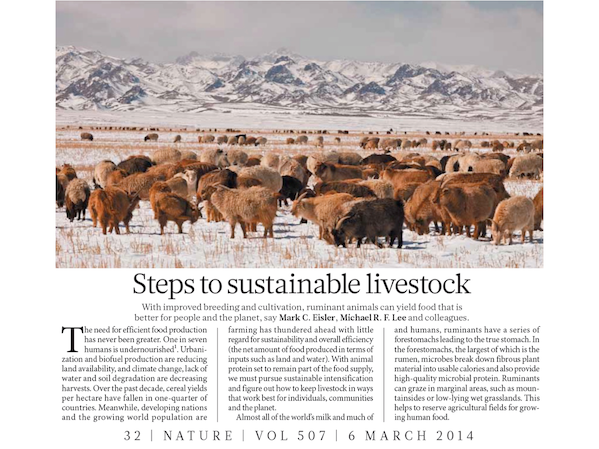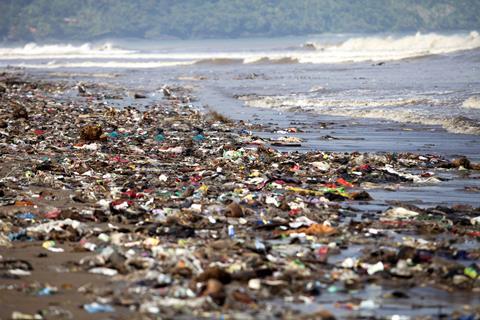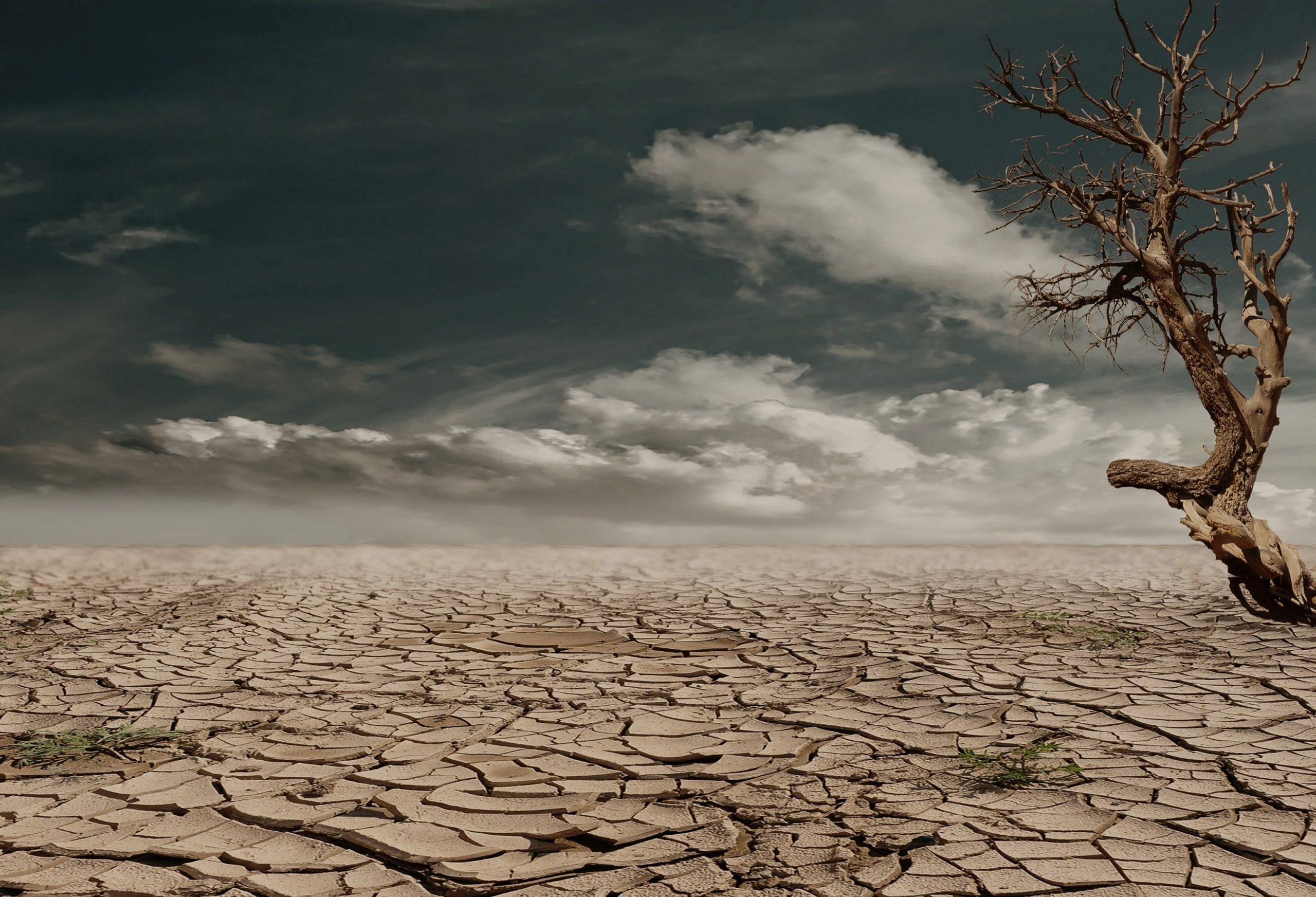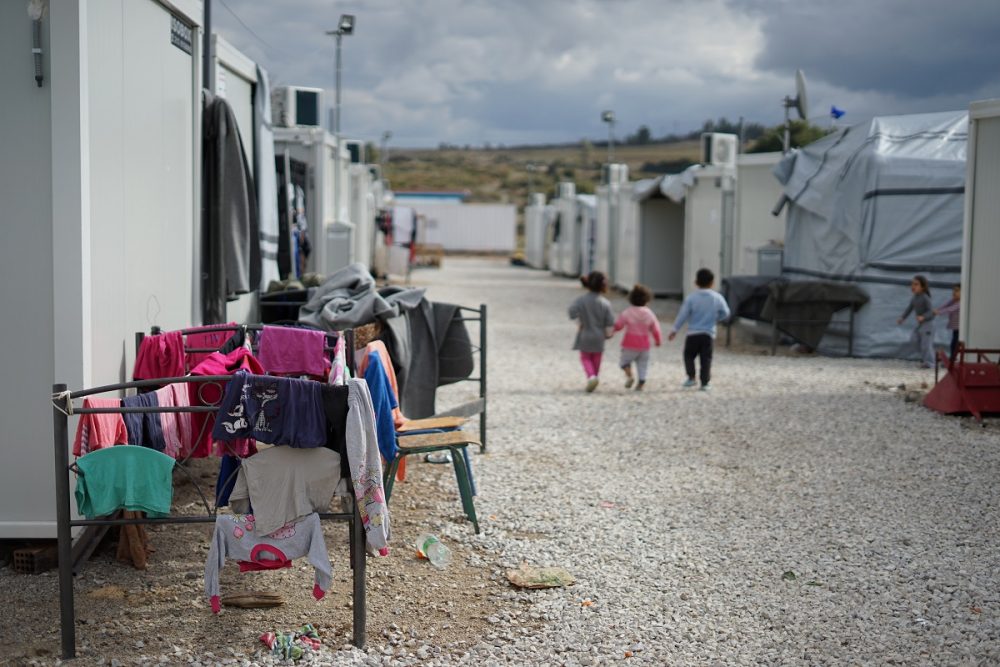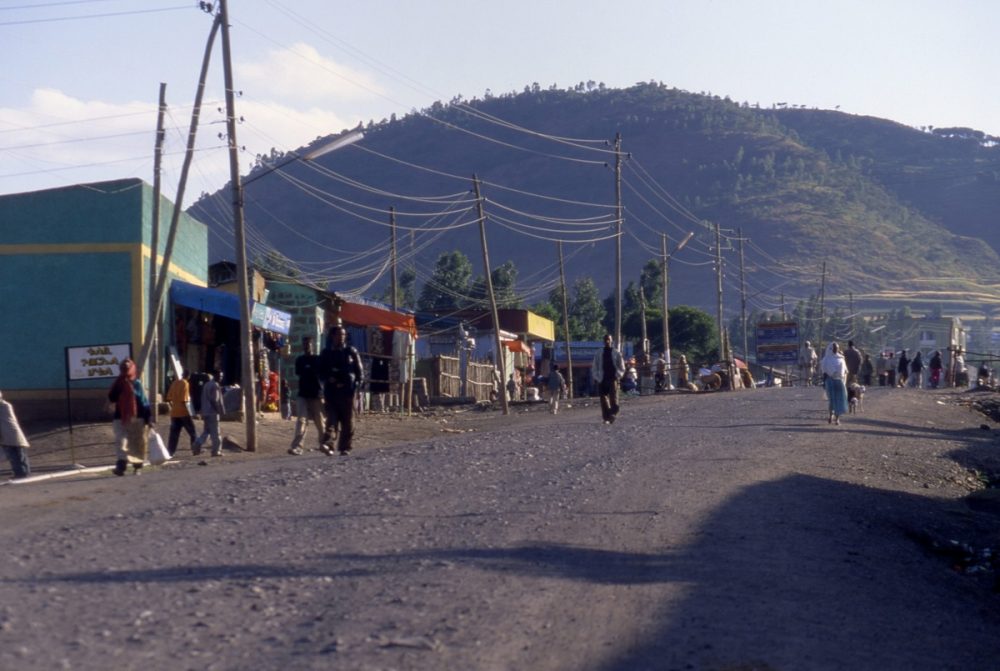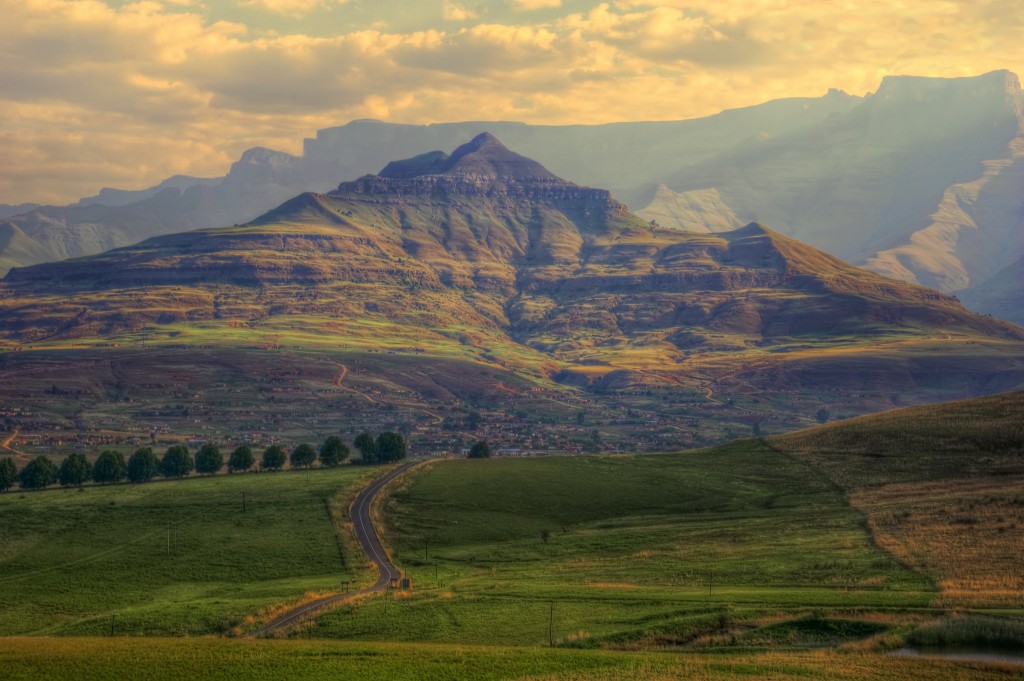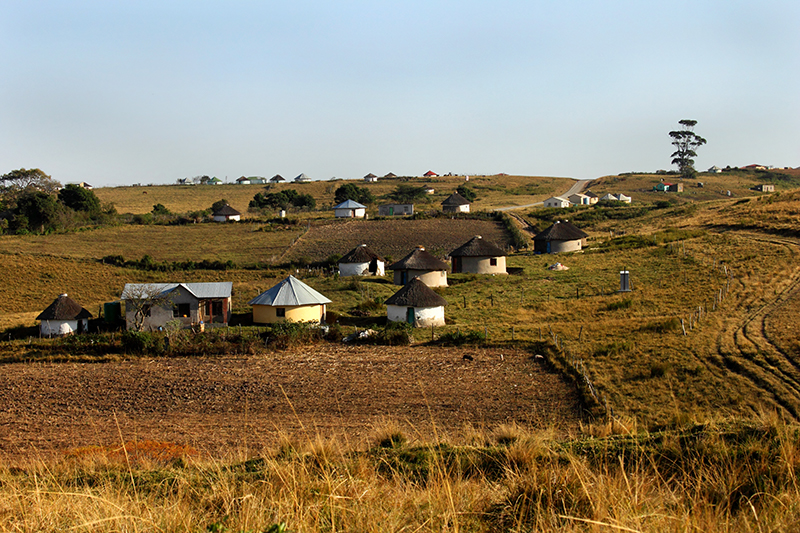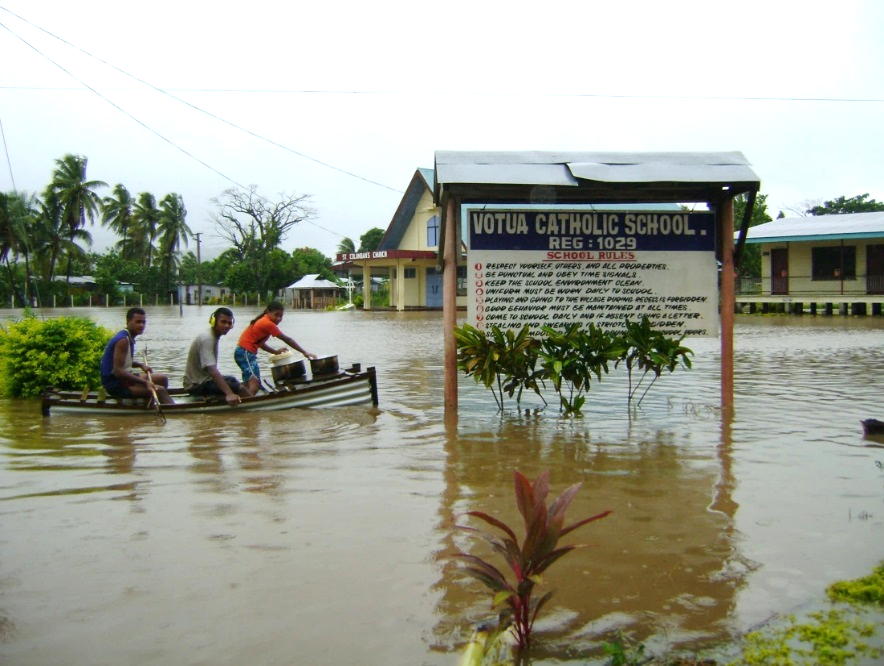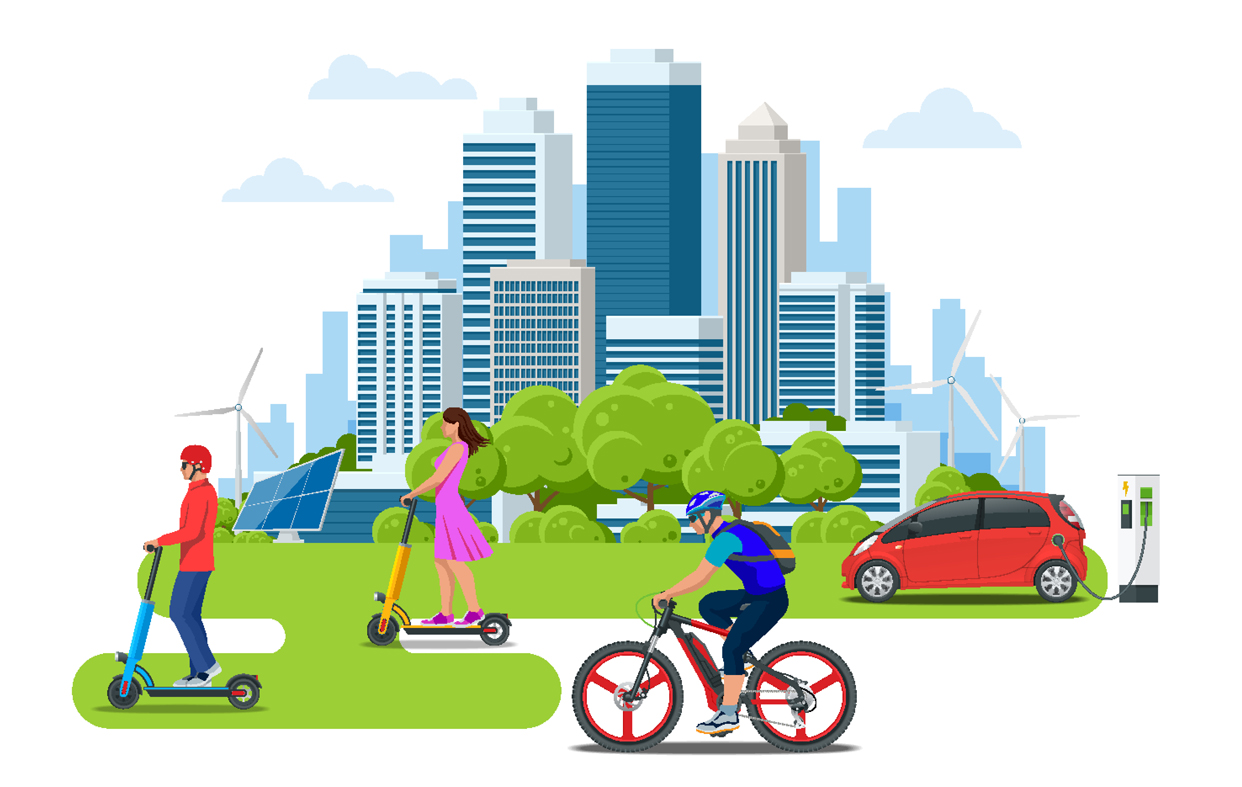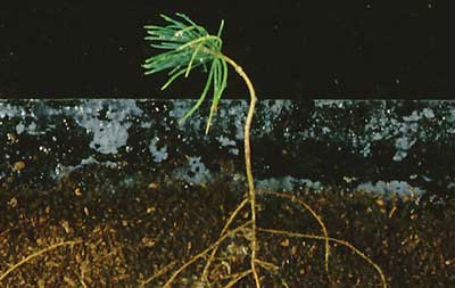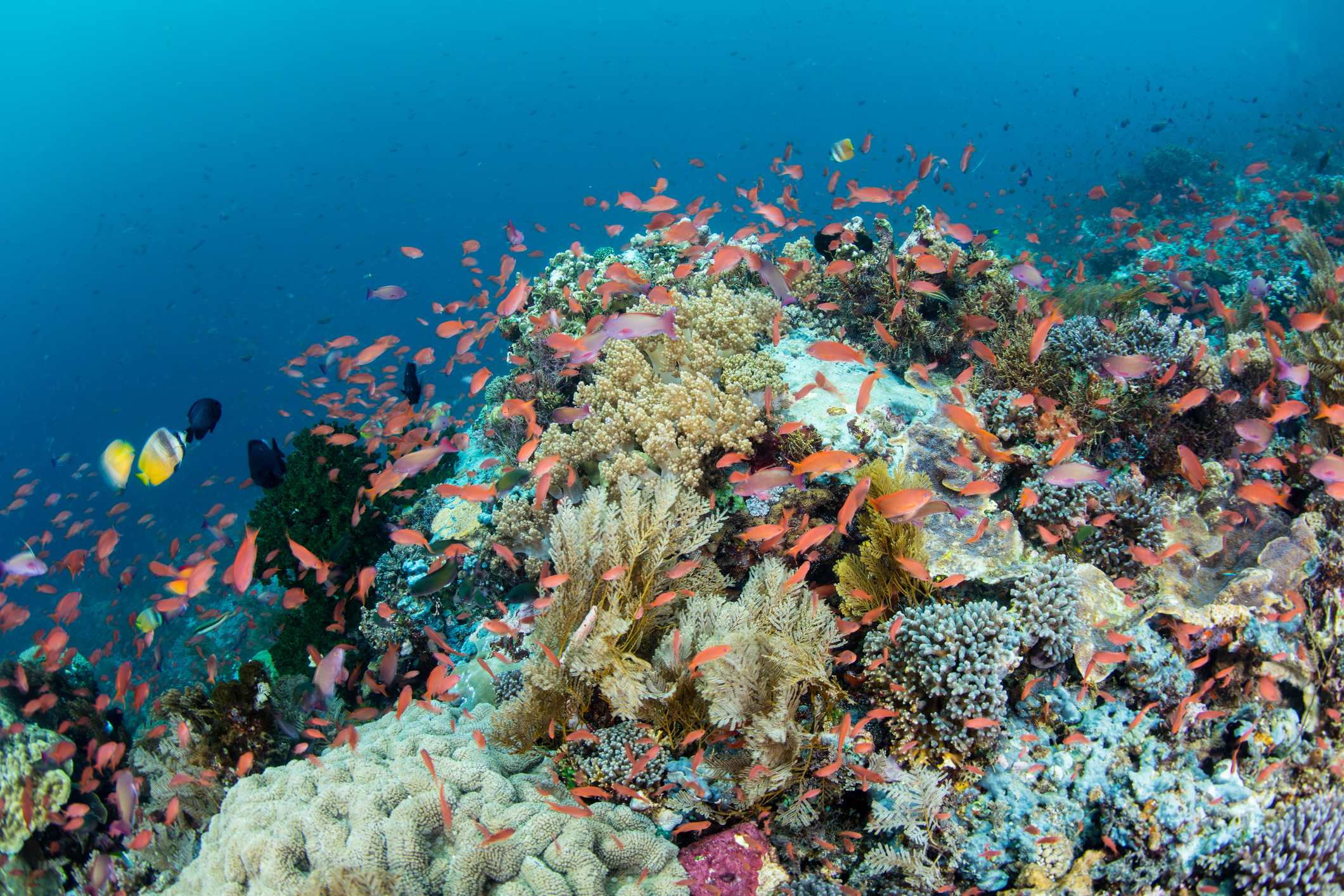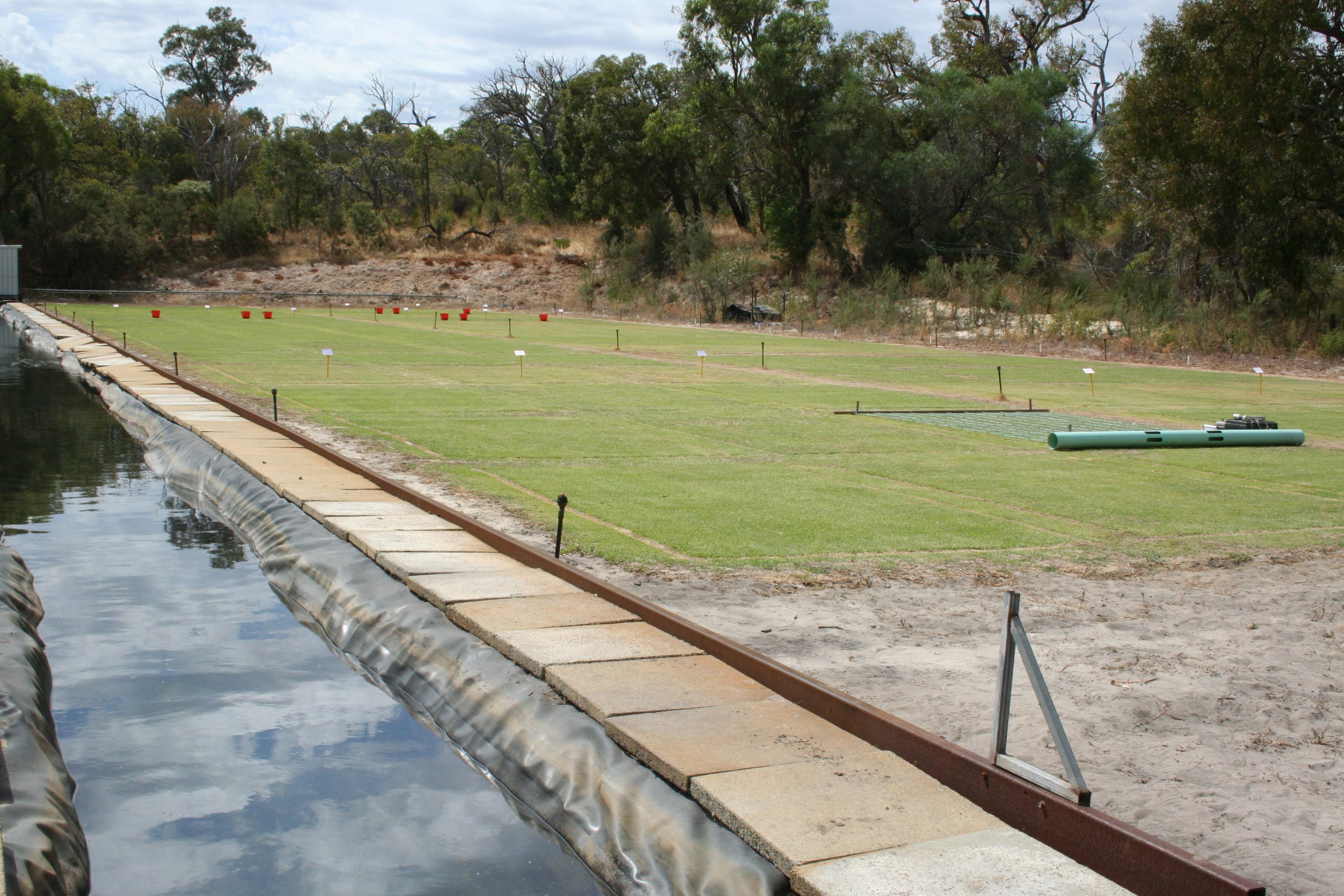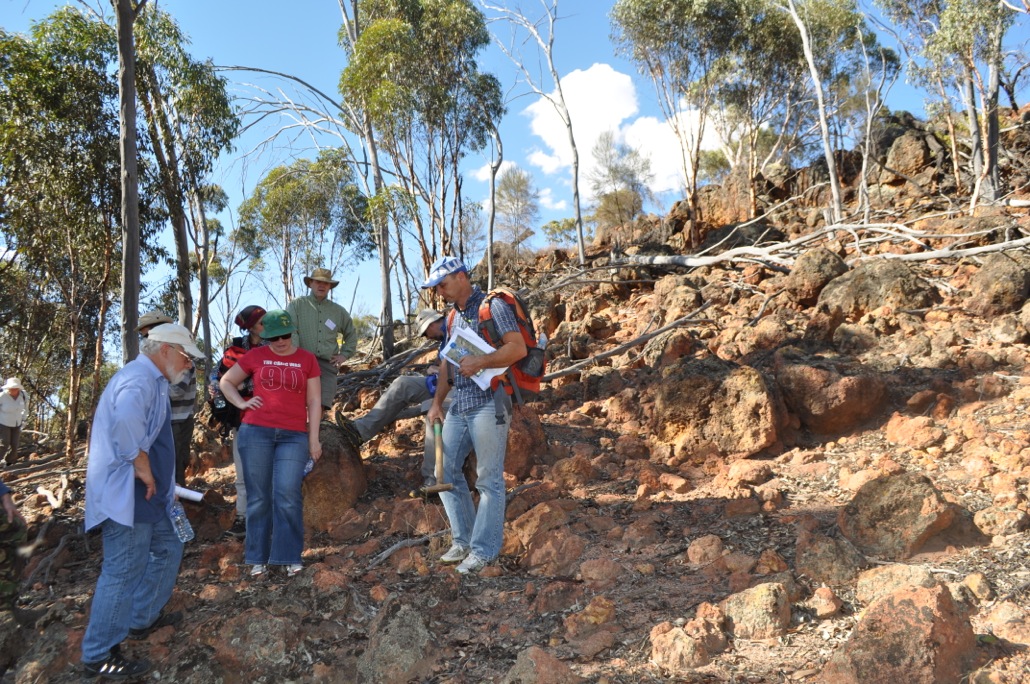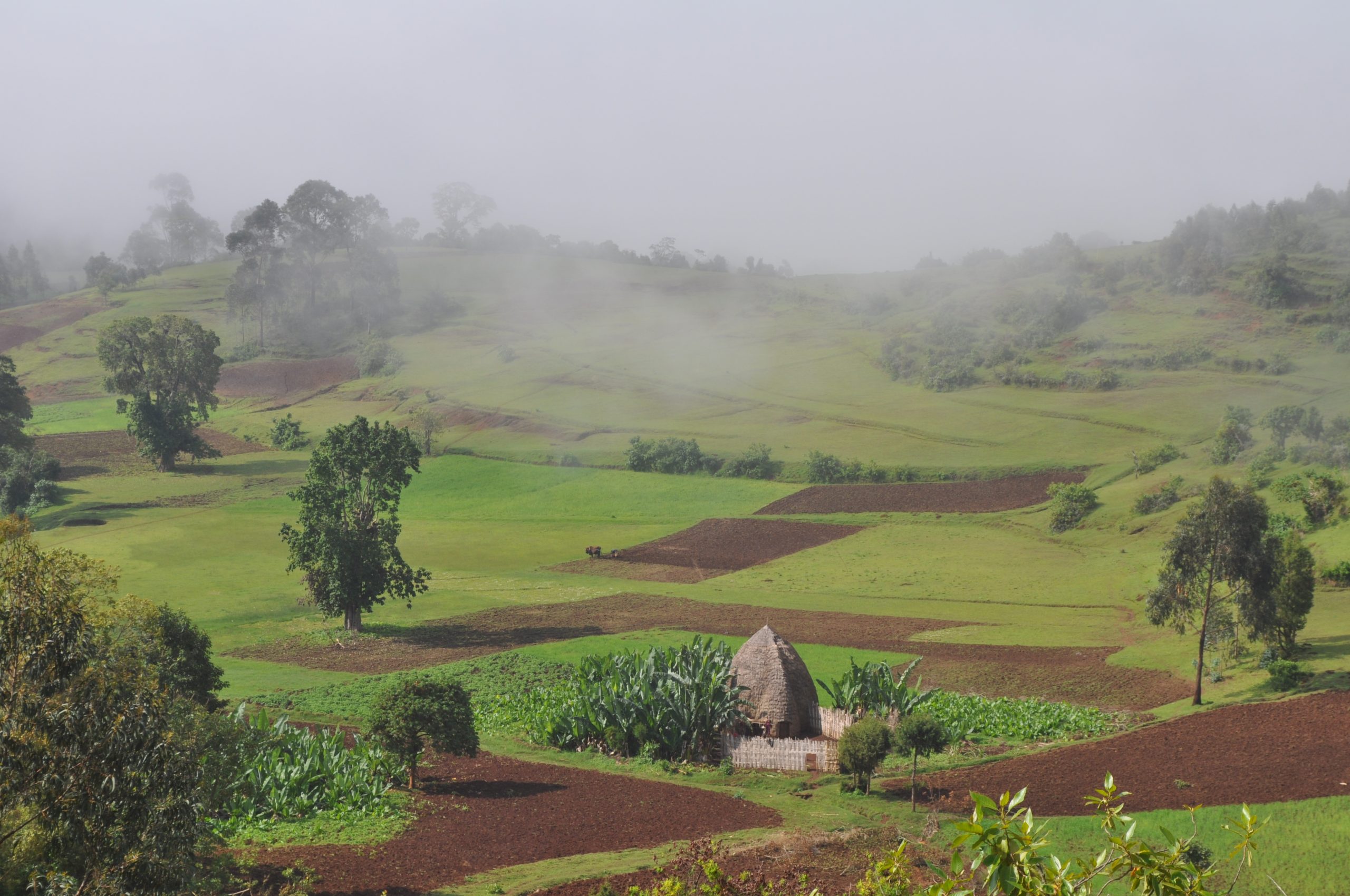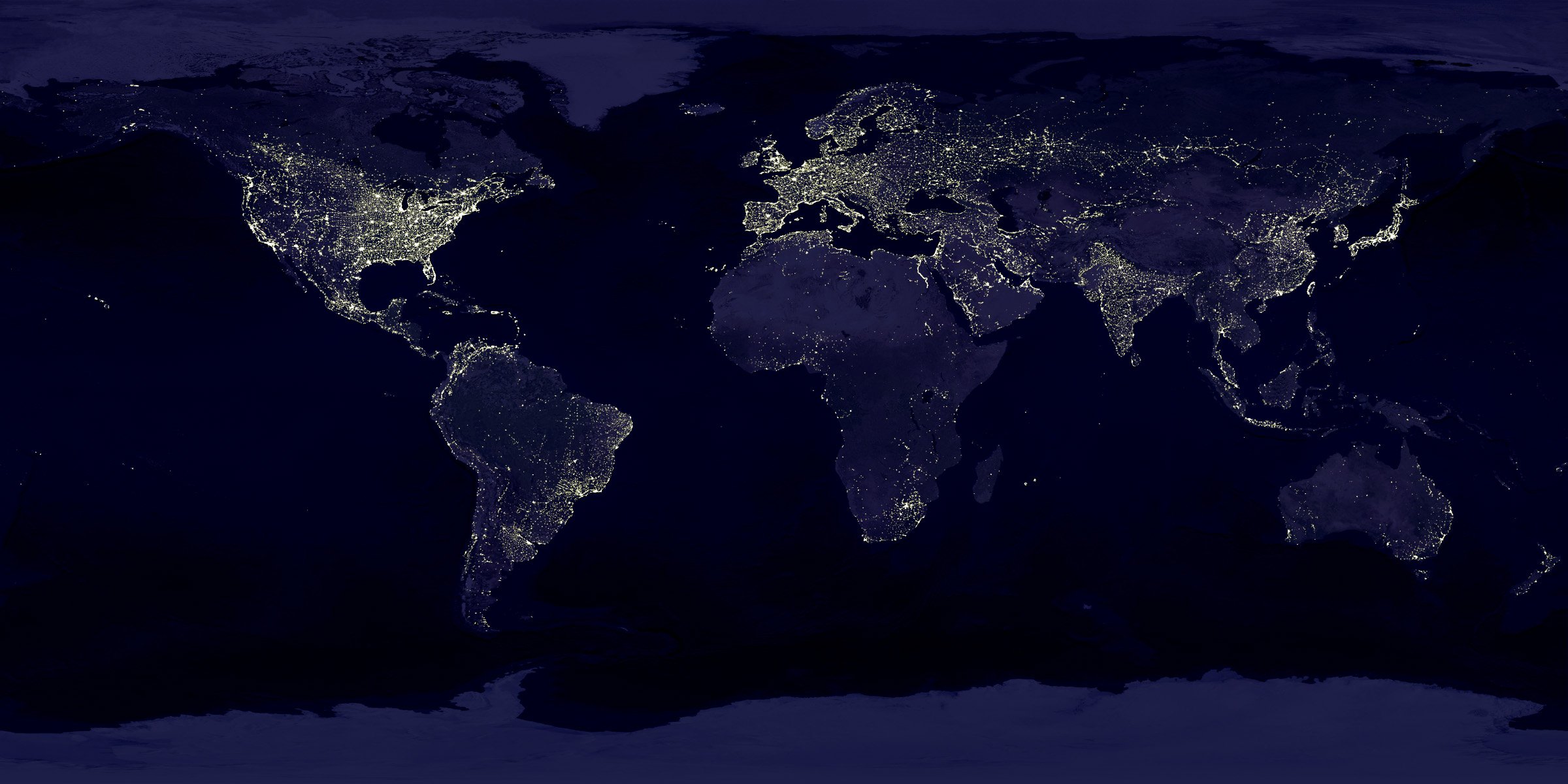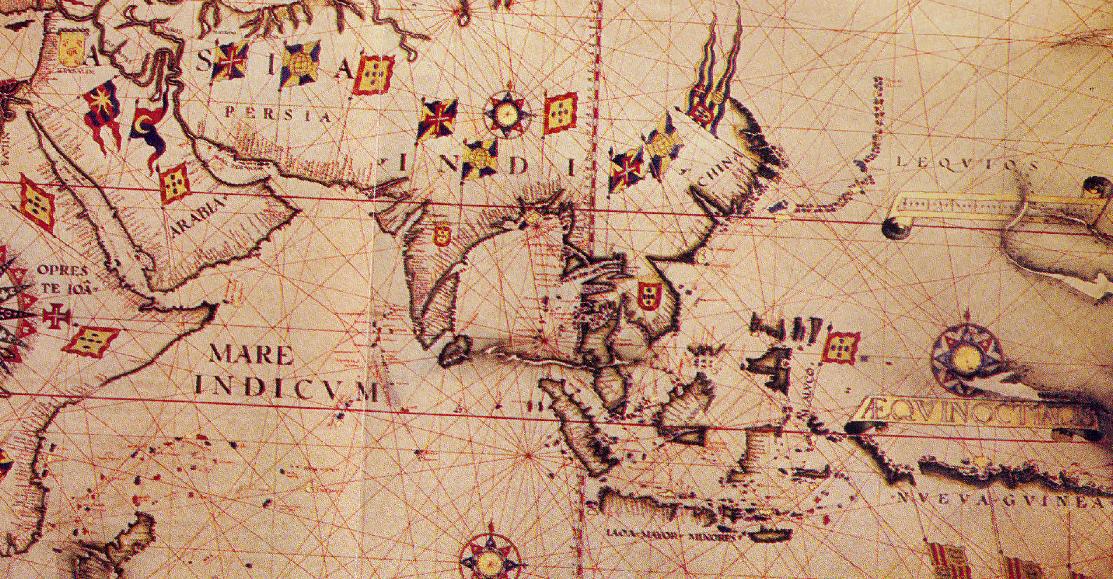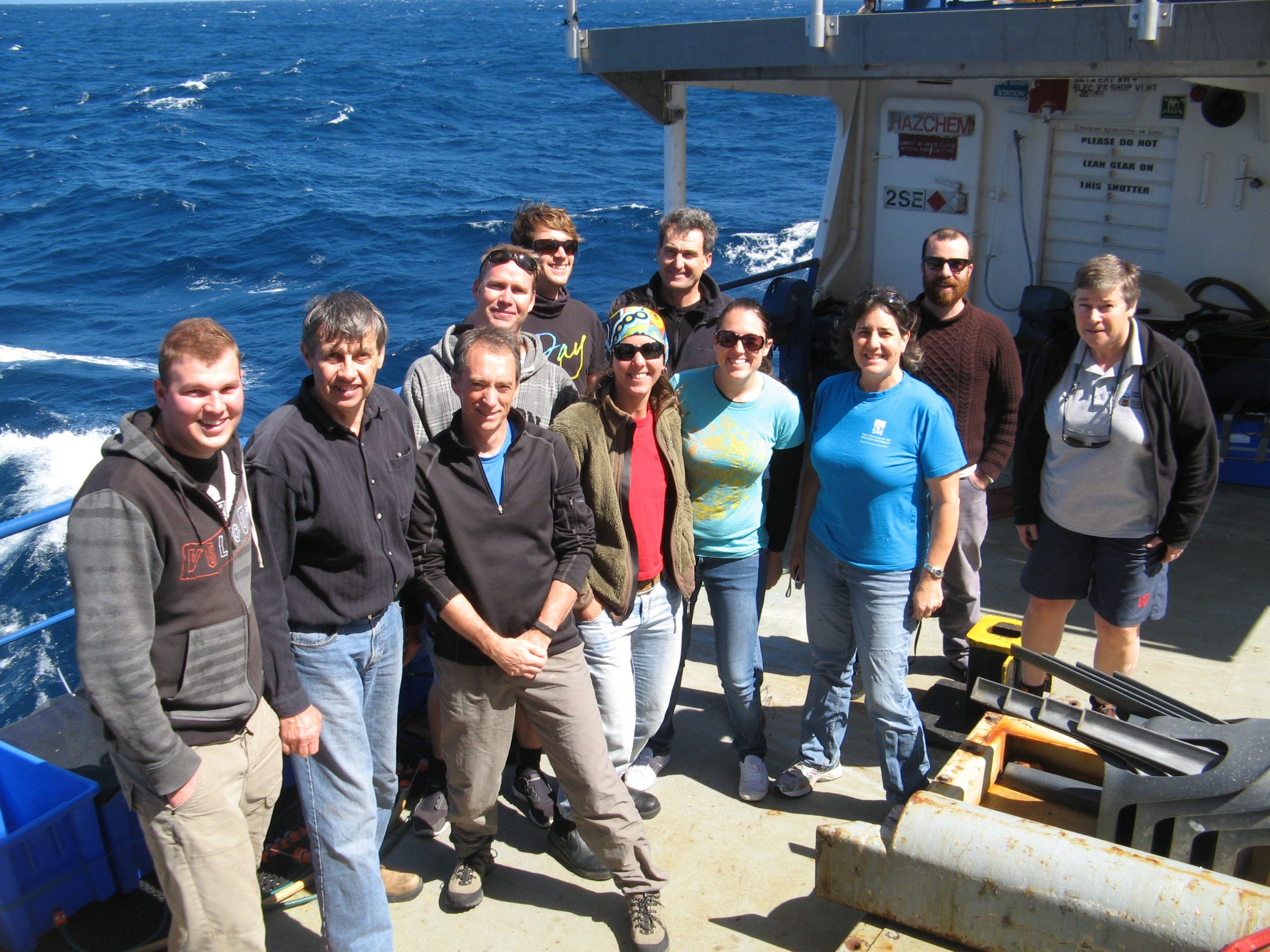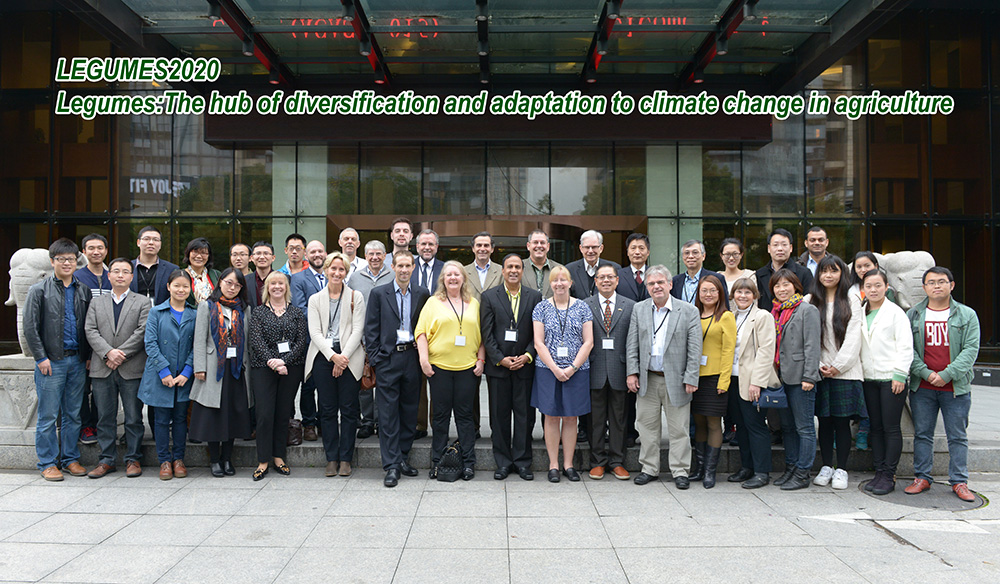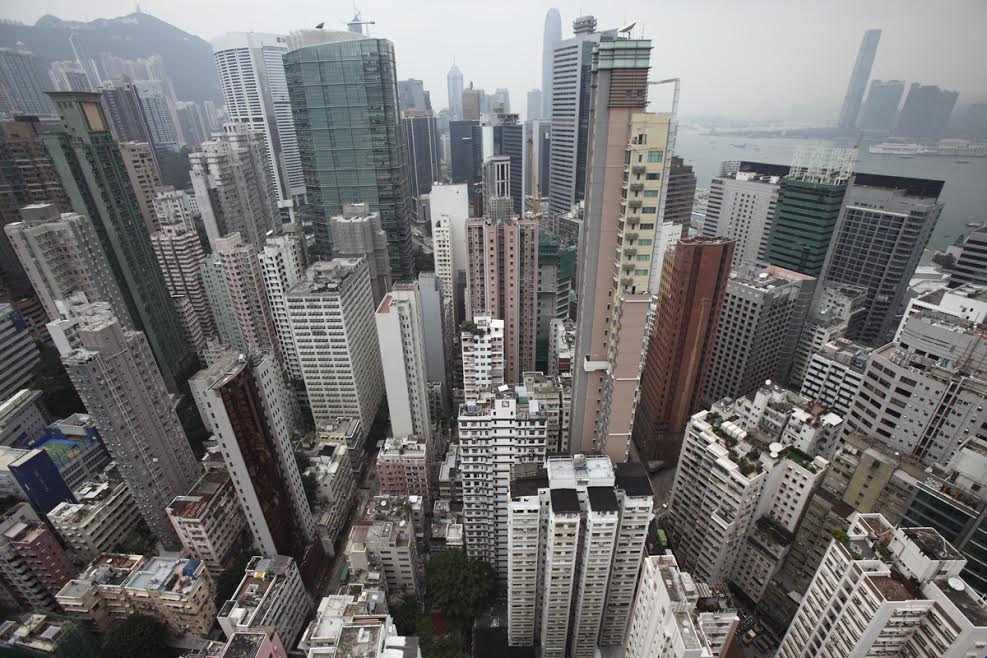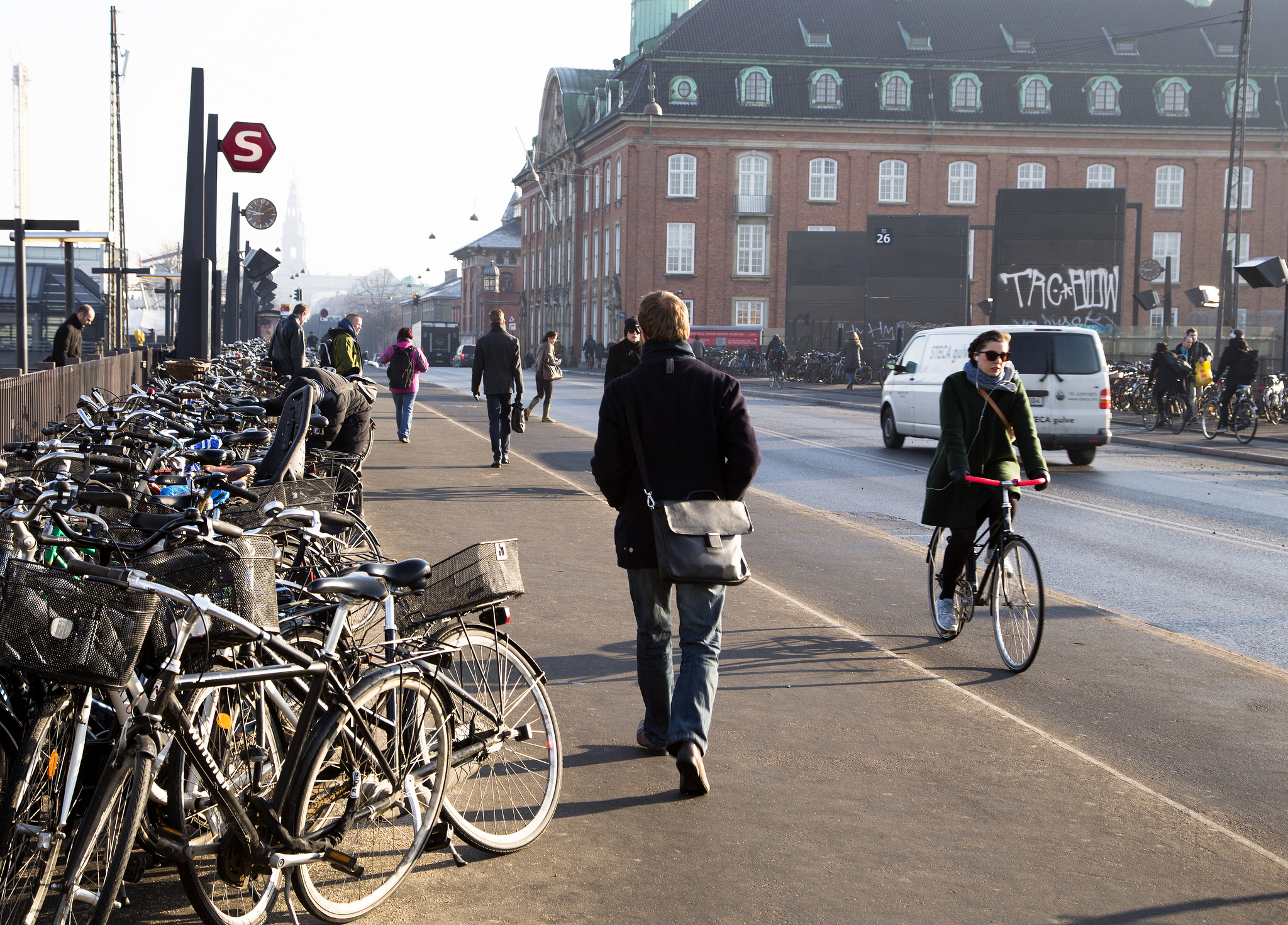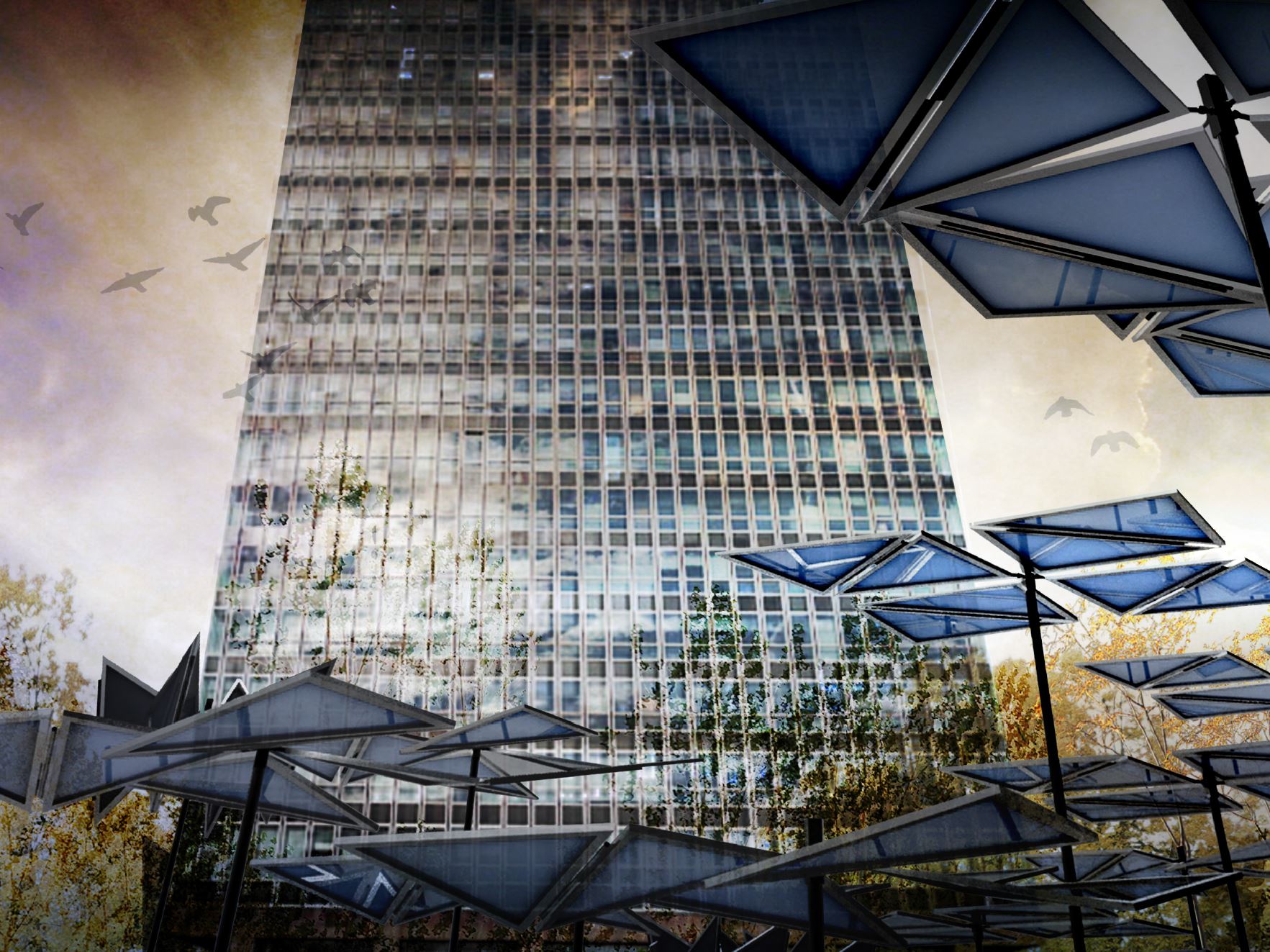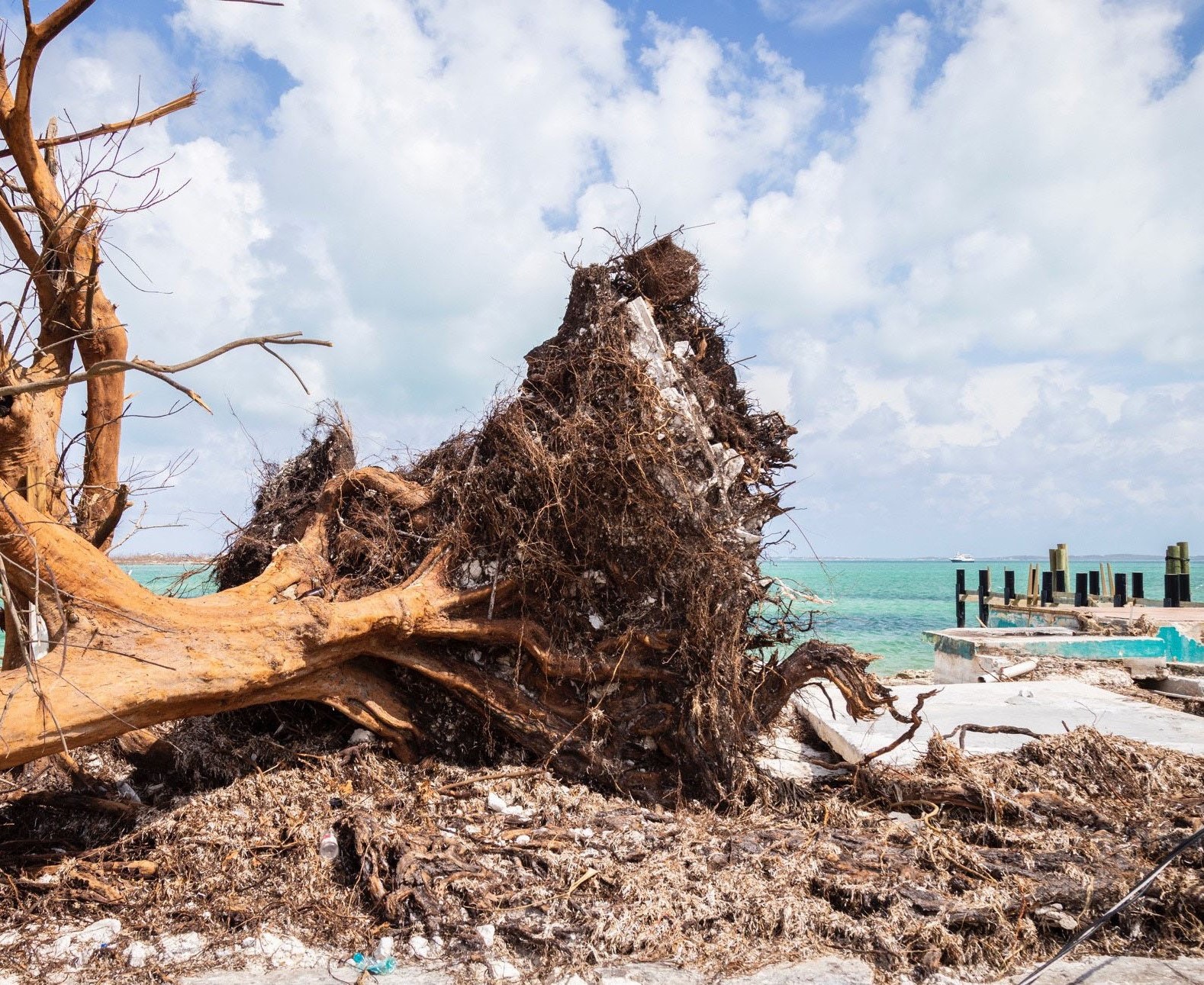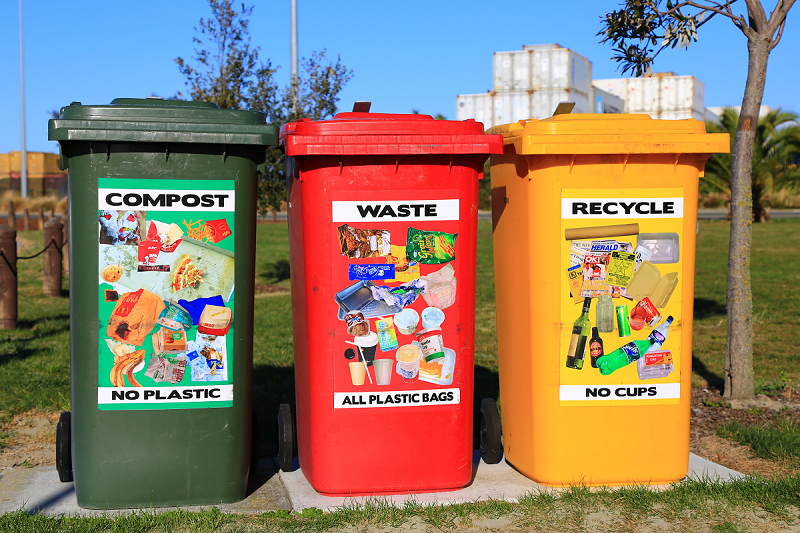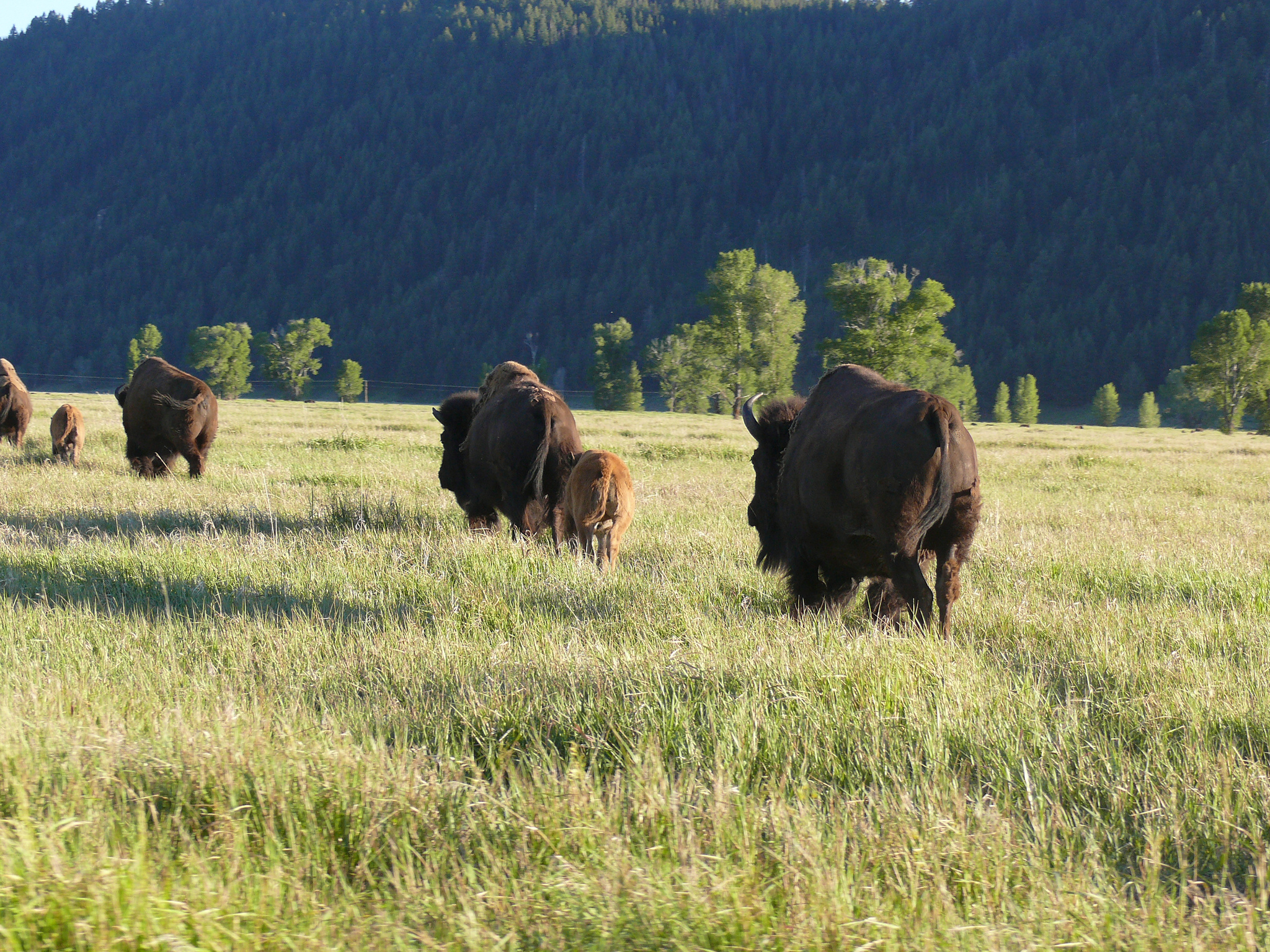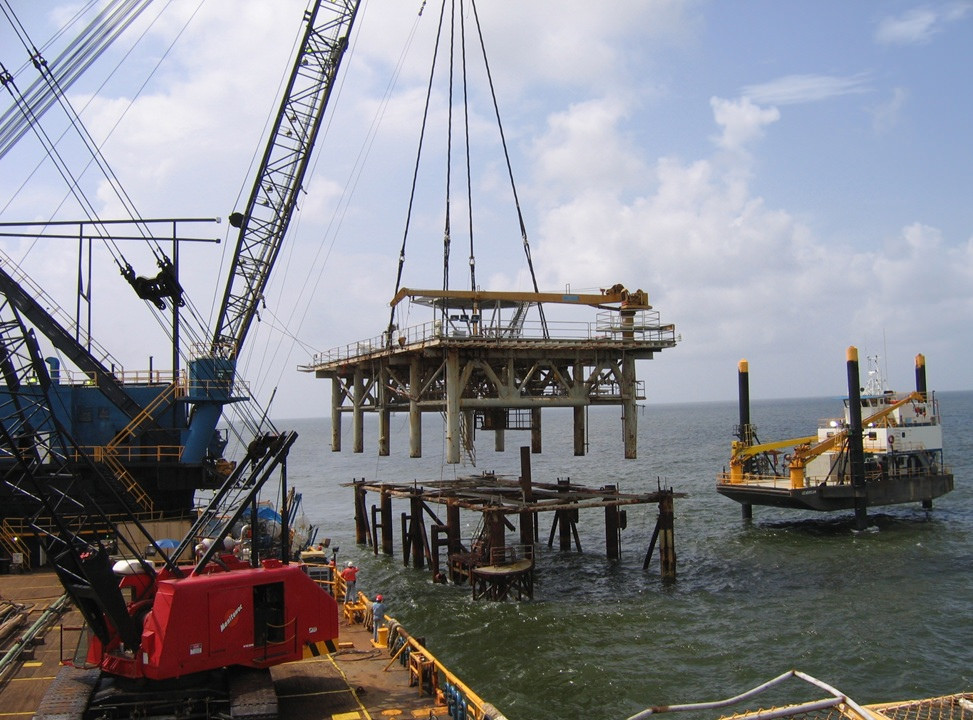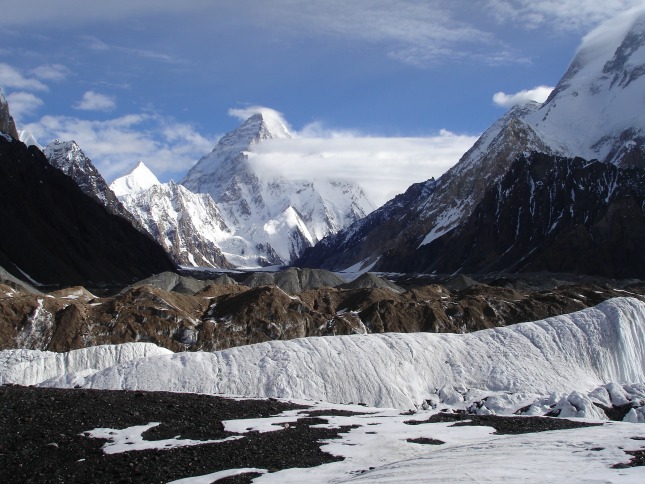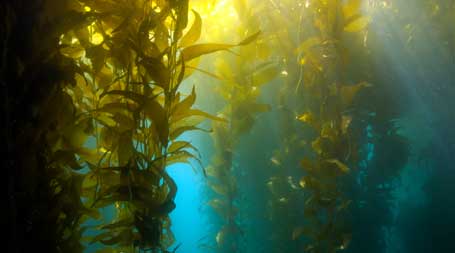
Stinky seaweed blooms: Turning an ecological risk into an opportunity
Photo by Thor Tryggvason on Unsplash The University of Southampton published this story on the SARCAP project. The Southampton-led research project –funded through the WUN Research Development Fund (2021 round)
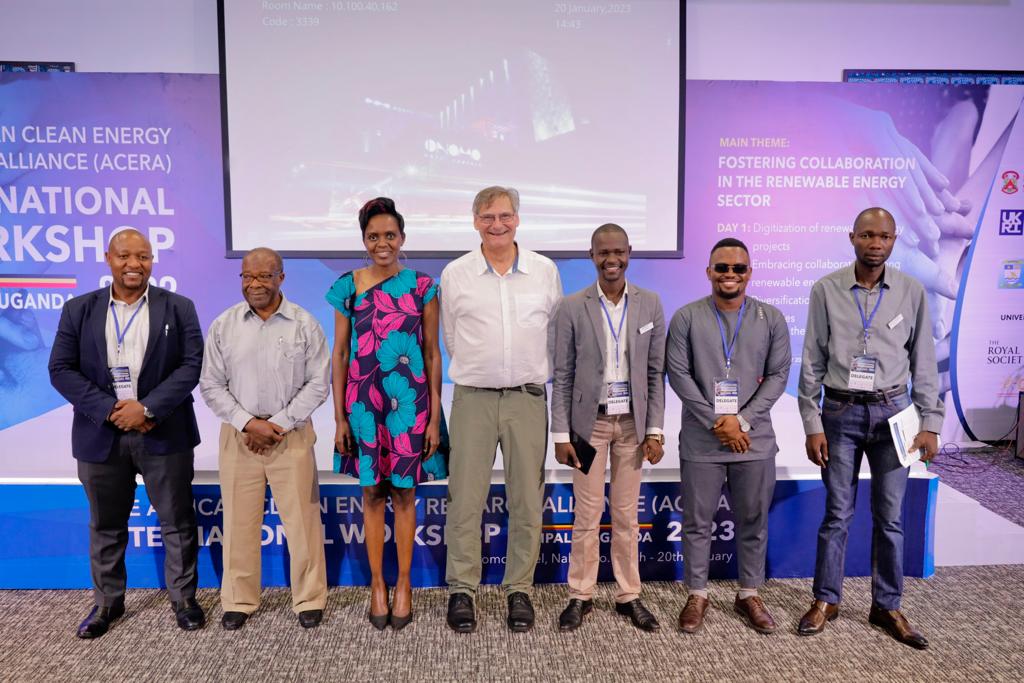
Experts have urged the Ugandan government to invest in research collaborations that will boost innovation in cheaper, modern and clean energy technologies
Image via University of Leeds: ACERA Principal Investigators Dr Mary Suzan Abbo, CREEC Managing Director (3rd from left), and Professor Jon Lovett, University of Leeds (centre) with researchers from Congo

High-capacity energy storage based on affordable, eco-friendly materials
Image: iStock by Getty Images Worldwide Universities Network researchers used cheap and abundant starting materials to synthesize a small molecule organic electrode material and achieved a considerable performance boost with
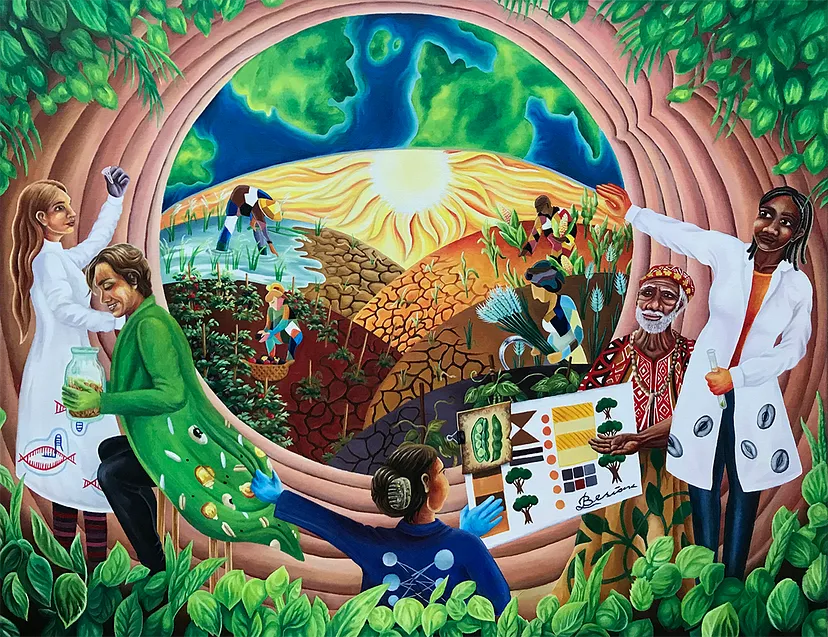
How plants adapt to climate change
Image via University of Leeds: An oil painting commissioned as part of the project titled: ‘Climate. Cultivation. Collaboration.’ by Dr Besiana Sinanaj Plants can’t move. When the conditions around them
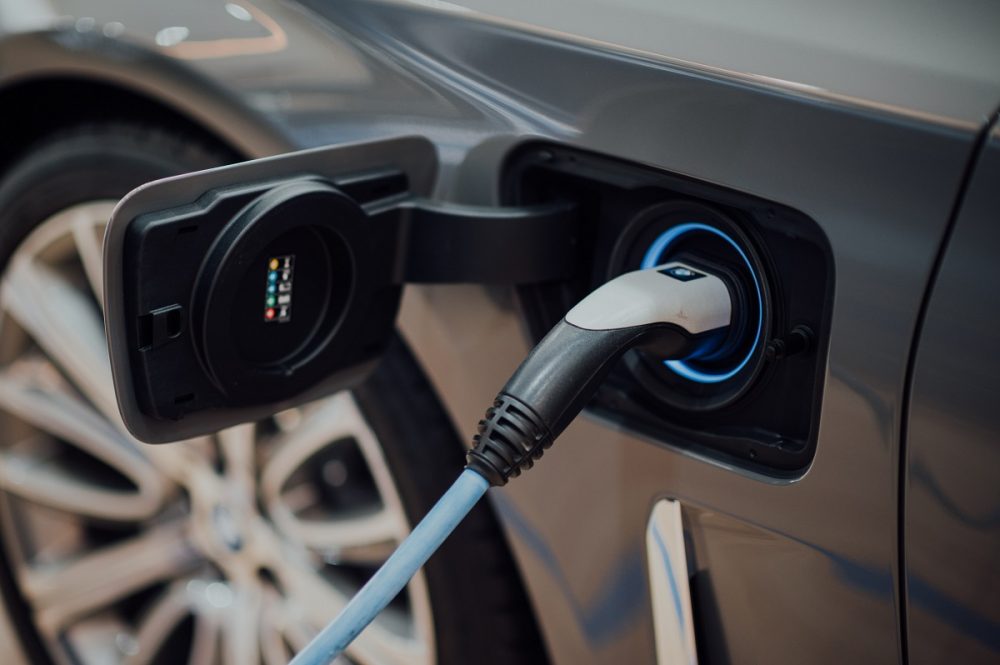
Factors affecting electric vehicle adoption intention: The impact of objective, perceived, and prospective charger accessibility
In the era of e-mobility, promoting electric vehicle (EV) usage is considered a policy worth incorporating into a government’s agenda. While accessibility has been broadly recognized as important for user
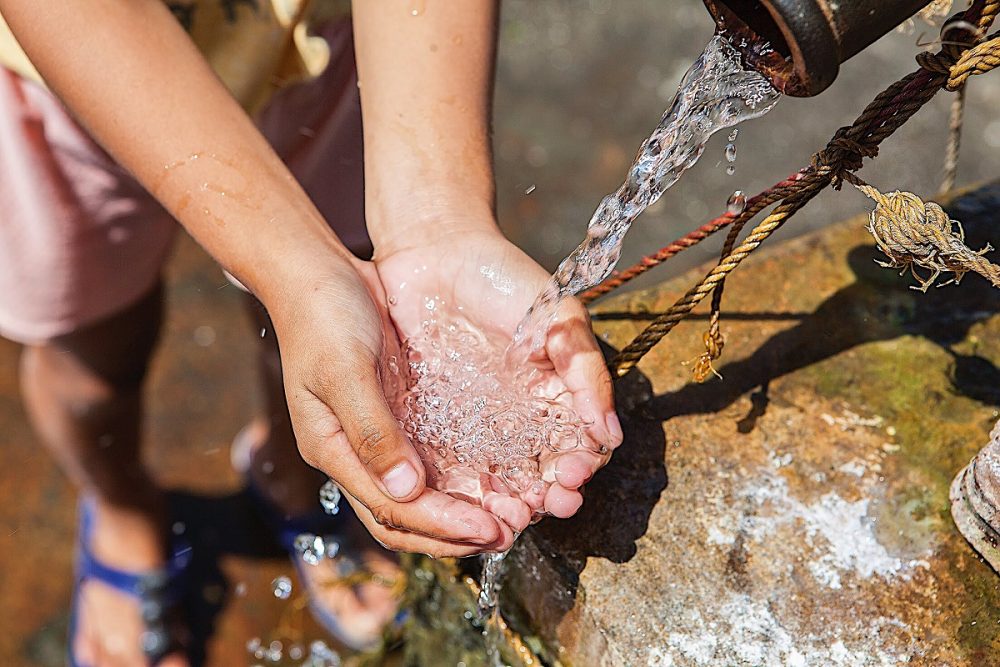
World Water Day 2023: WUN water and sanitation projects in the spotlight
Photo by Joshua Lanzarini on Unsplash World Water Day 2023 is about accelerating change to solve the water and sanitation crisis. The celebration of this year’s World Water Day coincides
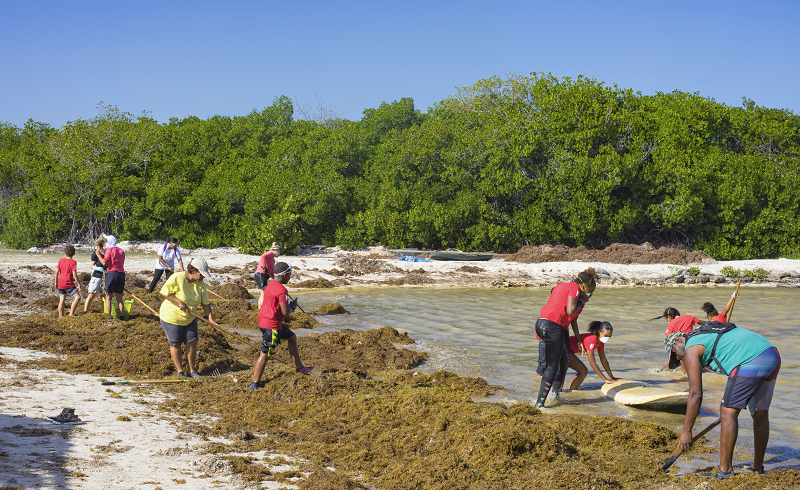
How to use and manage the problematic brown algae that are washing up on the shores across the tropical Atlantic?
Did you know that vast rafts of holopelagic sargassum (brown algae) – some the size of 200 adjoining football pitches – seasonally wash ashore and decompose on beaches requiring extensive

WUN Workshop “Smart Biosolar Microgrids for Sustainable Communities”
Photo by Biel Morro on Unsplash The WUN research consortium ‘Smart biosolar microgrids for sustainable communities’ held its first workshop from 25-29 July at the University of Ghana in Accra,

WUN Research Development Fund 2022
WUN is pleased to announce that the Research Development Fund (RDF) 2022 round is now open. In its fourteenth year, the RDF provides researchers at member universities with grants of
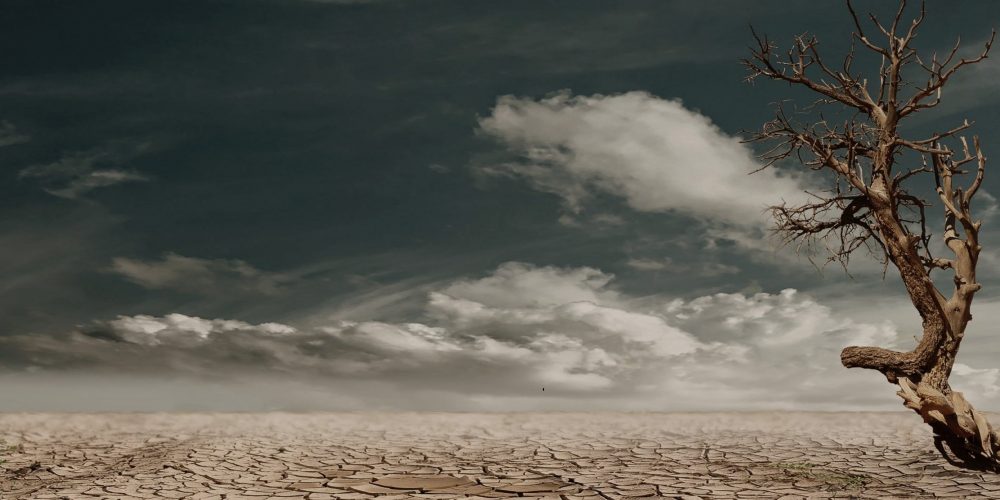
Join us for a workshop on climate change: Reaching blue skies for a sustainable future
The WUN research consortium “Addressing the impact of heatwaves and drought on food security” led by Dr Yoselin Benitez-Alfonso from the University of Leeds is organising a hybrid workshop that
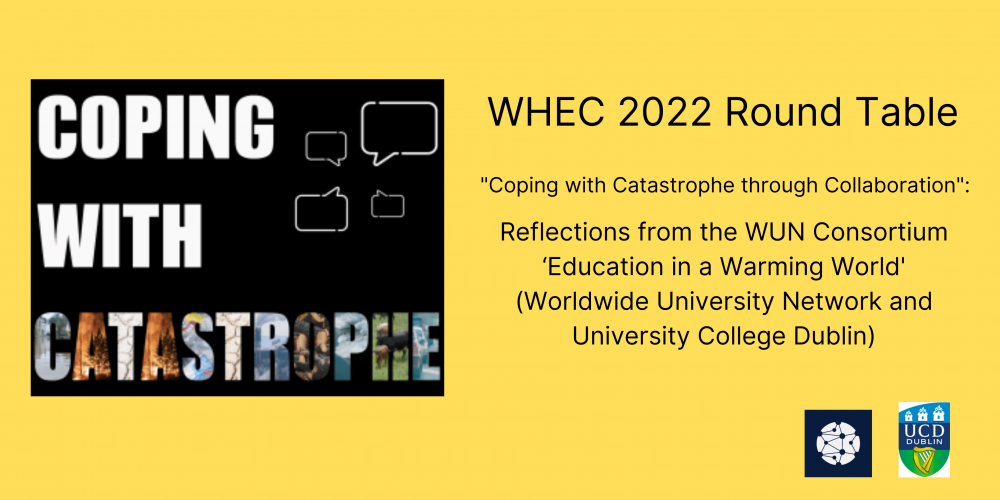
WUN Consortium Round Table at WHEC 2022: “Coping with Catastrophe through Collaboration”
Image: UNESCO UNESCO World Higher Education Conference (WHEC2022) aims at reshaping ideas and practices in higher education to ensure sustainable development for the planet and humanity. During this conference, on
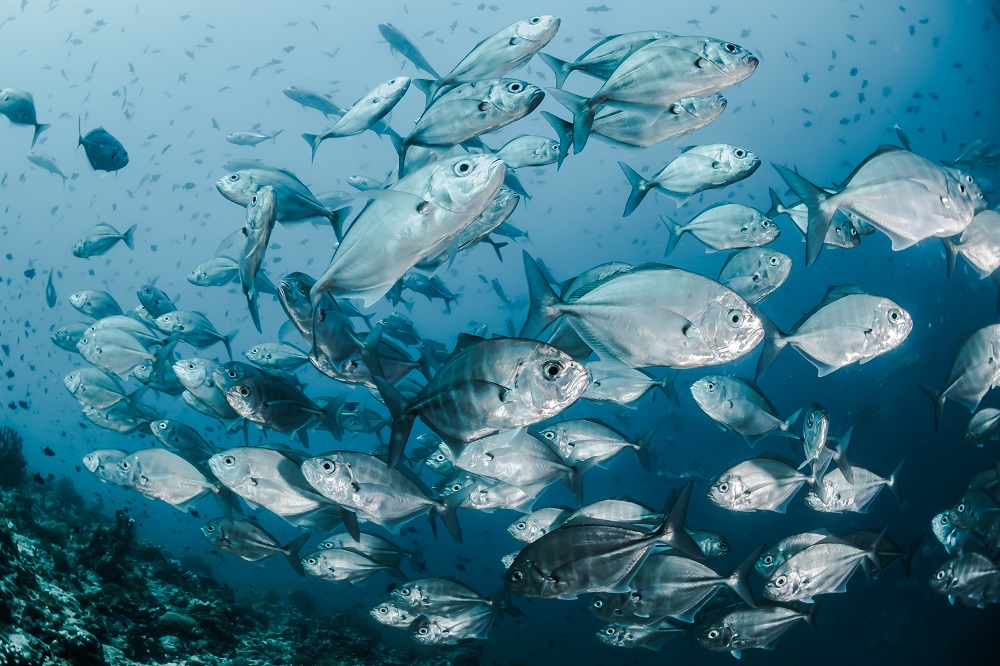
Fish offer global look at microplastic pollution
SUMMARY “Microplastics are like dust. We’re breathing them all the time and they’re accumulating in us,” says ecologist Adrian Jordaan. He and colleagues have developed a protocol for studying the
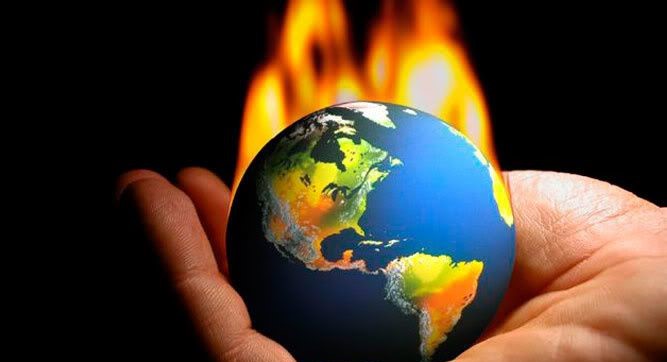
WUN consortium launches ‘Tertiary Education in a Warming World’ Report
Higher education institutes have a critical role to play in driving the scientific, political, technological, and cultural change needed to avoid the worst-case climate change scenarios, and in advancing the
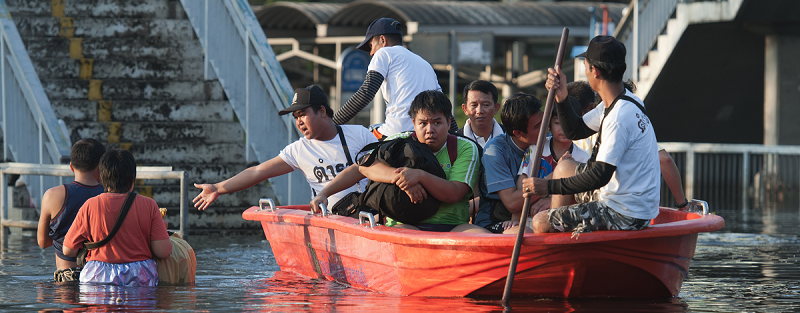
Where do climate migrants go?
As climate change renders populated areas uninhabitable, what does justice look like for those who must relocate? A forthcoming collection of papers in the journal Regional Environmental Change will address

RDF 2021 Announcement
WUN is pleased to announce the results of the Research Development Fund (RDF) 2021 round on the theme of Mobilising for a Sustainable Future. These awards mark a direct investment in international

Disaster risk governance differs for COVID-19 vs. other crises
A new study examines how government response to disasters differs when the risks stem from a communicable disease. The study, which will appear in the journal Frontiers in Public Health,
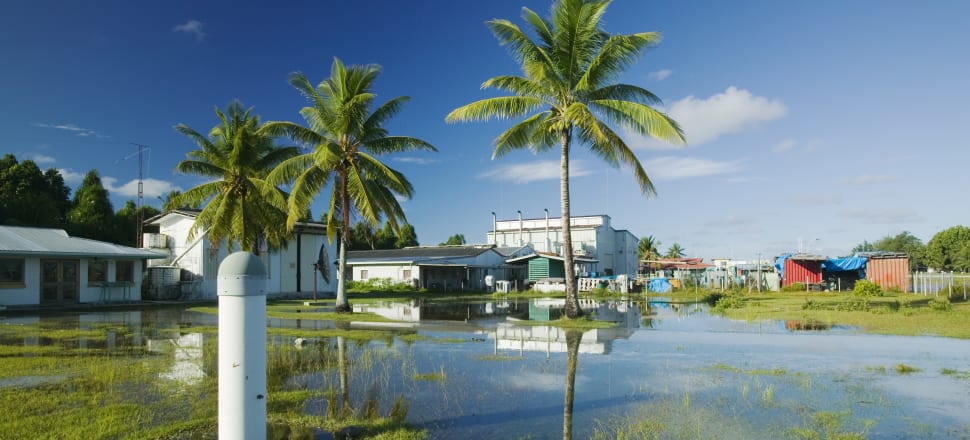
No climate justice without migration justice
Small Pacific Island nations like Tuvalu have been feeling severe impacts of climate change and will eventually become uninhabitable – despite all small island developing countries in the Pacific combined
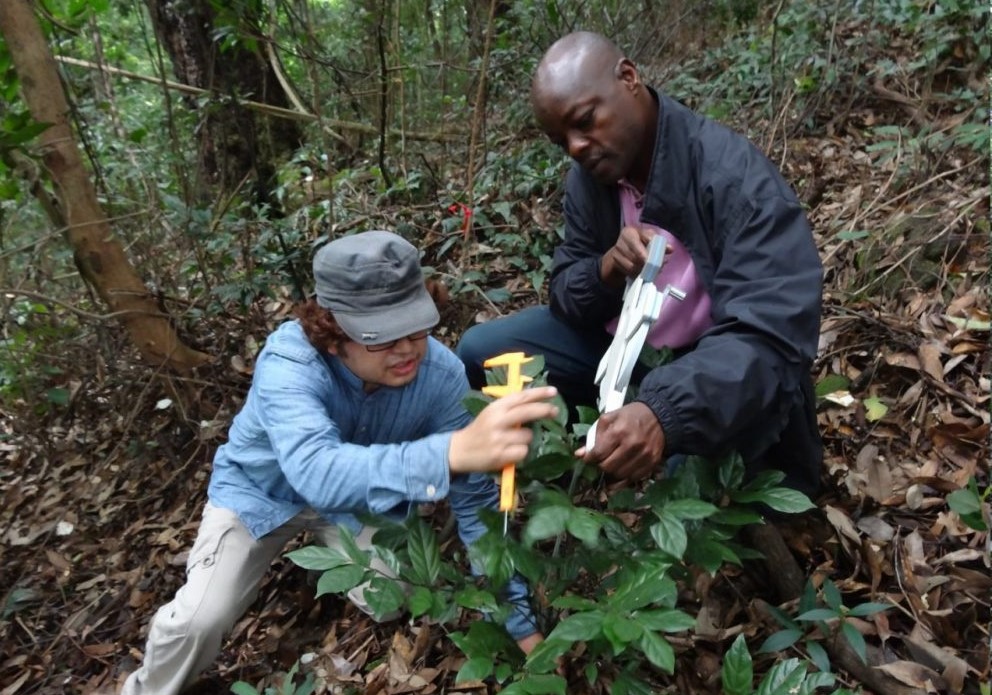
Why global carbon schemes must involve local culture
Greater consideration of local cultures could improve a United Nations programme to limit carbon emissions from tropical forest degradation, research in Vietnam indicates. More than 300 million people around the
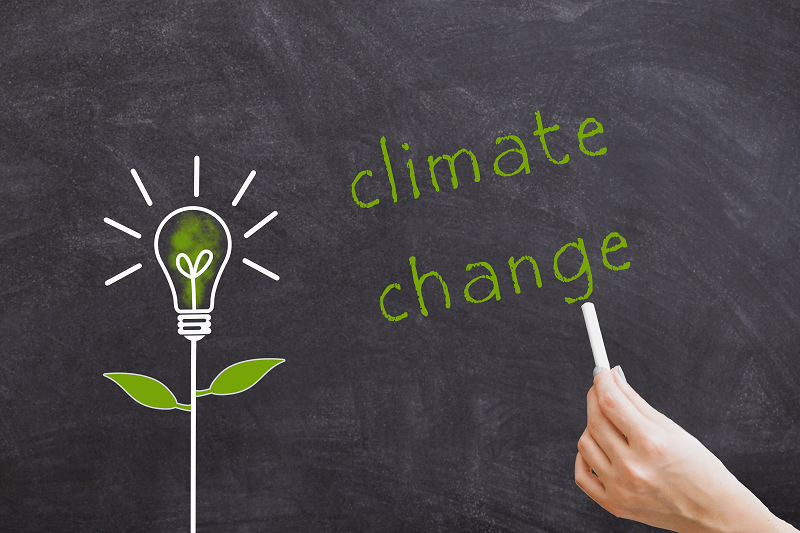
Toolkit aims to prep educators to address climate crisis
SUMMARY A multimedia set of resources called “Education in a Warming World” aims to help educators effectively address the climate crisis in undergraduate courses. The project includes short videos, a
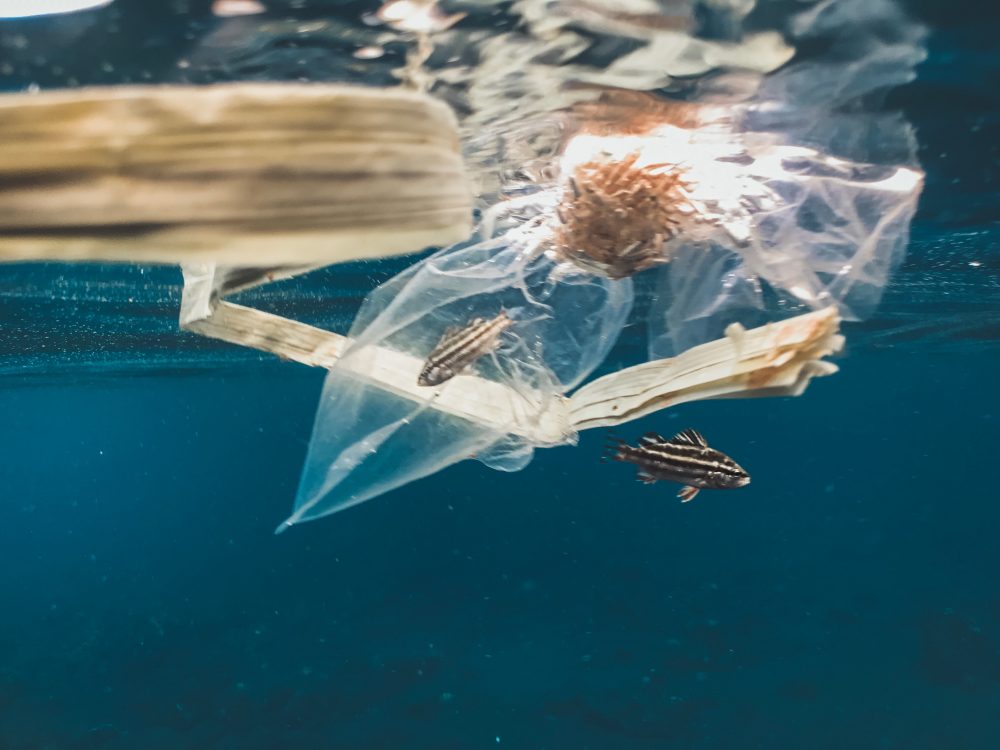
Modelling marine microplastics: international workshop explores new challenges
Did you know that teabags are made of plastic? Do you know where that plastic ends up? With WUN funding, a team of researchers led by Professor Bruce Sutherland (University of Alberta) are learning how to predict the movements of microplastics after their entry into water systems. Click through to read more about their recent workshop and their goal to help policy-makers take action.

Mobilising around mobility: unique WUN collaboration to study wellbeing and sustainable transport
How do individuals weigh up the options of different modes of transport? Do they value speed, accessibility, cleanliness, health, or cost when choosing how to get around? What choices are available and how might this change? Funded by a 2020 Research Development Fund grant, this new WUN Interdisciplinary Research Group brings the power of five key institutes to the challenges—and benefits—of promoting greater use of sustainable forms of mobility, with their associated outcomes for health and wellbeing. Click through for the full story.
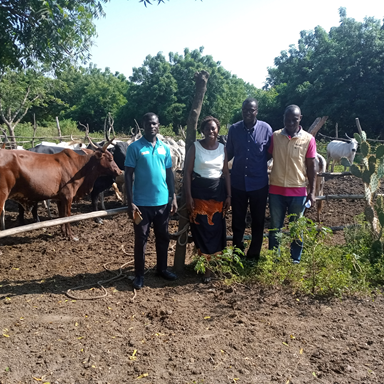

Cheap, consistent, clean? Changing the models for sustainable electricity access
In Ghana, the term “dumsor” (literally meaning “off-on”) is a term that was born to describe the periods of electricity blackouts in 2015 when the country experienced persistent and intermittent power outages. Though access to electricity is widespread, communities in different regions confront challenges of reliability, cost, and safety.
Click through to read about how the WUN-funded research group SEN-Africa is working on new models that incorporate the range of stakeholder priorities.
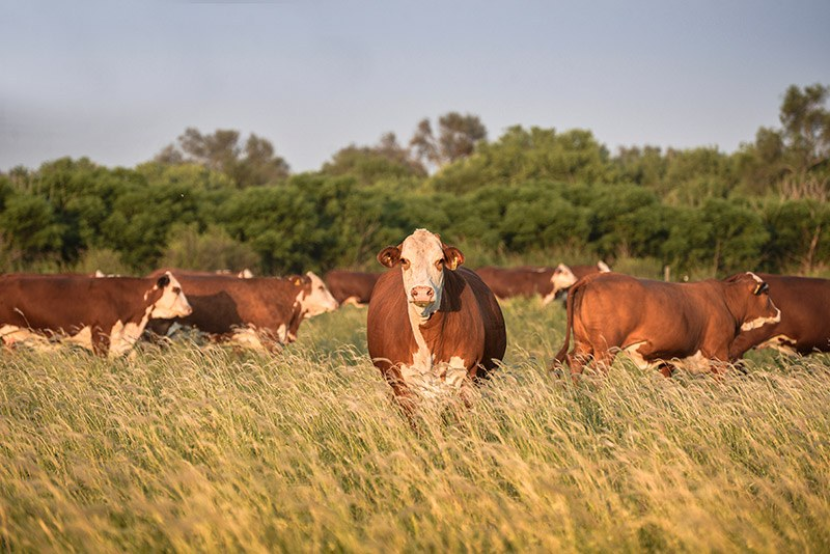
Climate and shock: resilience in food production systems after COVID-19
As the coronavirus pandemic spreads, interruptions to public services and the imposition of social distancing have had major impacts on global agriculture and food supply. Professor Mark Eisler of the WUN supported Global Farm Platform discusses likely impacts of the crisis and the potential for rebuilding systems in more environmentally and economically sustainable way.
Click through to read more.
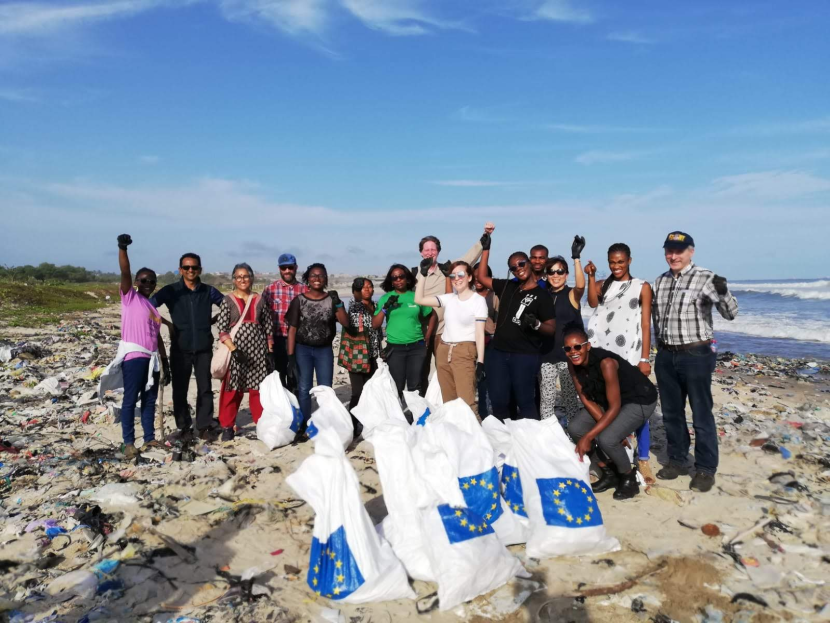
Action research for a cleaner future
Not just talking, but doing: with funding from the WUN Research Development Fund, academics from four WUN universities got together with experts and decision-makers in Accra to combine forces on global waste management. Professor Shyama V. Ramani and PhD researcher Ms Maria Tomai talk here about their recent activities.
